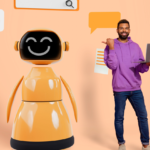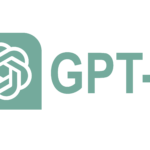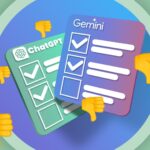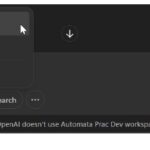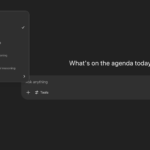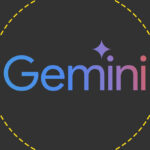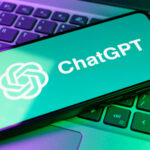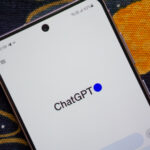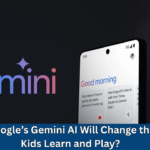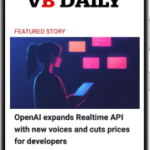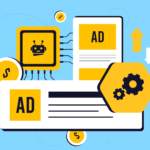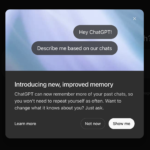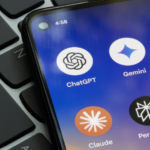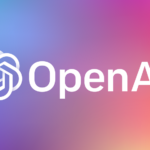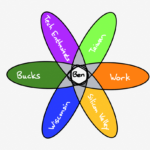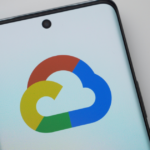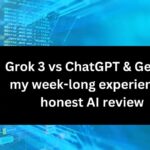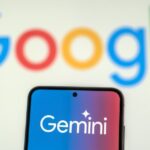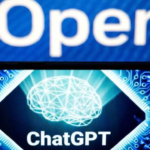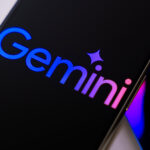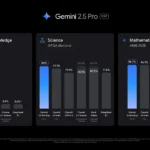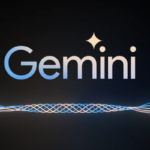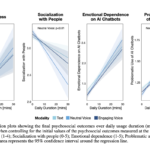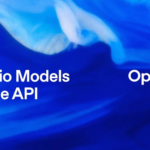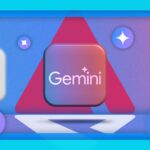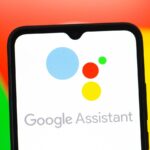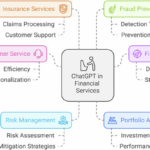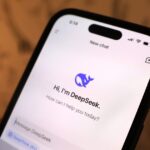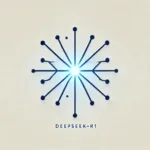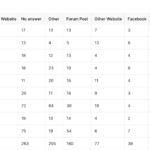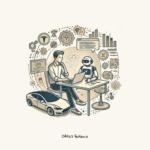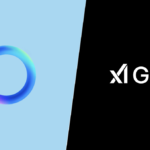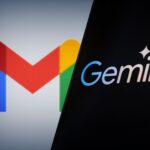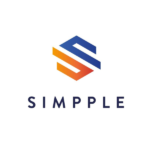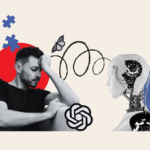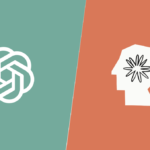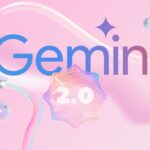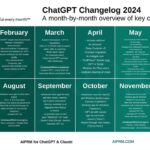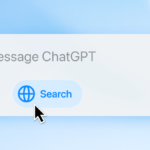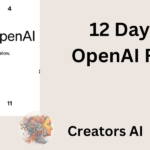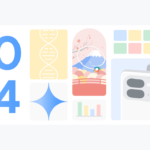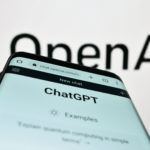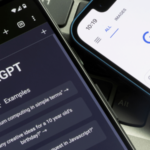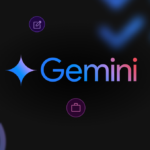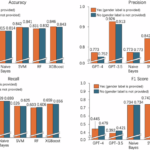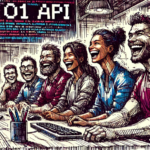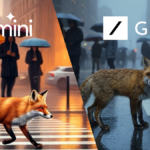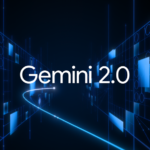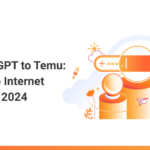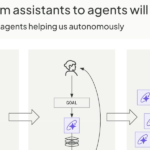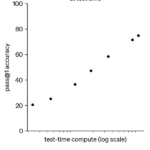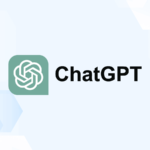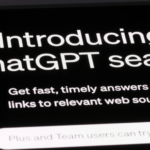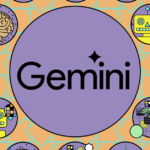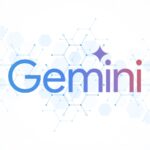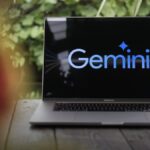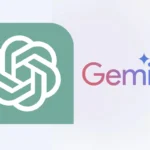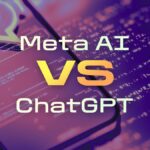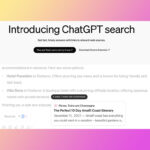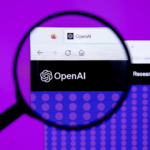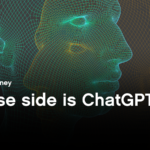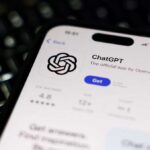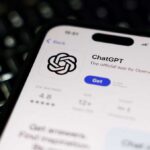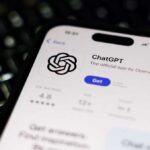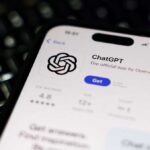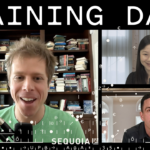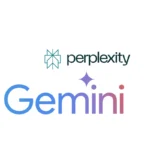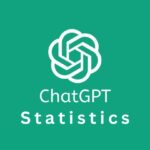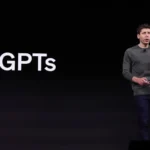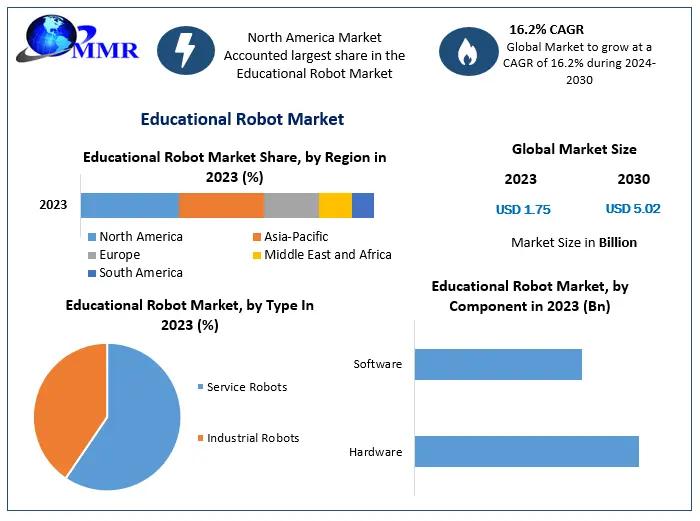Noticias
ChatGPT Search Vs. Google Vs. Bing Search Results
Published
1 año agoon

The role of AI in SEO has kept rapidly evolving over the past few months.
Google formally launched AI Overviews in May, and Bing launched its generative search pilot in July, with a full launch at the start of October. On July 25, OpenAI announced a SearchGPT prototype. Then, on October 31, it launched ChatGPT Search.
ChatGPT are calling the new product, which I’ve tested for this article, as ChatGPT Search, but parts of the industry are already starting to the names ChatGPT Search and SearchGPT interchangeably as they are effectively one and the same.
Both the Google and Bing AI launches, alongside the increase of multi-modal search (e.g., TikTok), have been impactful, but the ChatGPT Search launch feels different.
ChatGPT already drives traffic to websites, and as of August 2024, it reported 200 million weekly average users (WAU) – this is all while AI is gaining momentum and user trust, with skepticism still a barrier to mass adoption.
In February 2024, Gartner predicted that “search engine volume” will drop 25% by 2026.
Having played with SearchGPT, this prediction feels like it could become a reality.
ChatGPT Search Observation Summary
- SearchGPT will (and can) cite webpages that do not rank in the top 100 classic search results of Bing. This raises the importance of understanding the difference between indexed and ranked.
- There are discrepancies between Bing’s own generative results and the SearchGPT responses. More often than not, these are substantial.
- A single domain can have multiple pages cited within a single response.
- SearchGPT’s response for the same query can vary, even if the search is made from the same ChatGPT account and IP.
- On some niche queries I tested that have limited information online, SearchGPT was more accurate than both Google and Bing.
- The local search experience feels lacking, and for a number of queries, not trustworthy.
- Some SearchGPT maps can be populated wholly by results from a single source, and the number of “map results” tends to decrease the more sources are included.
- Some cited links from SearchGPT were appended with the parameter ?utm_source=chatgpt.com when clicked on. UTM tracking is a key feature.
- Ranking higher in Bing doesn’t mean referencing better in SearchGPT, but it’s more closely aligned than AI Overview data.
- Responses are heavily text-driven. Some do trigger a map (local searches) and others images – but these aren’t guaranteed.
- Queries in fashion and travel tend to trigger images in the response ahead of other queries when tested.
- The image sources in carousels don’t appear to be included in the citations sidebar.
- It is possible for content behind a paywall to be cited by SearchGPT.
- SearchGPT can cite a webpage that returns an active 404 when you try to view it.
- SearchGPT exhibits a better understanding of time-sensitive queries than AI Overviews, even when a time variable isn’t included in the query.
Increasing Bing Market Relevance & Importance To ChatGPT Search Inclusion
Bing is fast becoming a search engine we need to change our views on. For as long as I can remember, Bing has always been an afterthought to the industry and has only really been prominent in specific sectors and target markets.
While its direct market share might not be growing to rival Google in that sense, the fact that Bing is being utilized by multiple large language models (LLMs), and ChatGPT Search is no exception.
OpenAI has been using Bing for a long time, so its inclusion in SearchGPT isn’t a revelation, but a reinforcement of Bing’s evolving place in the overall “search” landscape. We need to stop just comparing search engines and their direct market share.
This means that websites (and webpages) not indexed by Bing will not appear in ChatGPT Search.
Anecdotally, traffic from LLMs to all websites I have GA4 access to has increased exponentially over the past three months.
 Looker Studio Report: Increasing LLM Sessions (Year to Date) (Image from author, November 2024)
Looker Studio Report: Increasing LLM Sessions (Year to Date) (Image from author, November 2024)Of all LLM traffic, ChatGPT accounts for 31% of my website (year-to-date), with it as much as 60% on some websites alongside Perplexity, Claude, Copilot, etc.
 Breakdown of LLM traffic (year to date). GA4 data. Looker Studio visualized (Image from author, November 2024)
Breakdown of LLM traffic (year to date). GA4 data. Looker Studio visualized (Image from author, November 2024)However, this doesn’t necessarily mean you need to rank high in Bing to be included. Much like Google’s AI Overviews, ChatGPT selects sources outside of the top-ranking results.
It’s also worth noting that while Bing is important to the SearchGPT ecosystem, it isn’t the only source.
Comparing SearchGPT, Google, And Bing Search Results
To see how the search results in ChatGPT compare to both Bing and Google, I’ve looked at a number of queries across Local, Your Money or Your Life (YMYL), ecommerce, and some informational/time-sensitive searches that I’ve personally performed over the weekend.
I’ve tried to live with ChatGPT search for 48 hours rather than subjecting it to a barrage of random queries.
I’ve not recorded all of the queries in this article, but I have included the key ones as well as some oddities and differences.
The number of webpages referenced that don’t appear in the top 100 classic ranks of Bing really highlights that other sources are at play here, and that optimizing for Bing doesn’t mean optimizing for ChatGPT and other LLMs directly.
In AI Overviews, when a webpage is referenced outside of the top 100 classic results, I feel we just assume it’s come from Google’s overall database. After all, Google crawling and building a database(s) of pages on the internet is known – but could OpenAI be doing the same?
ChatGPT Search “Maps” & Local Search
Local queries are important to a number of businesses. SearchGPT (at the time of writing) has a somewhat limited local search experience.
When searching for [enterprise technical seo agency], it provided me with three results: Two close to my IP address and the third in a random location in the South of England.
 Image from author, November 2024
Image from author, November 2024There are a handful of “agency hotbeds” in the UK, and a lot of agencies in my local area. So, if SearchGPT were going off IP, it would have included more agencies locally. To then stretch the net further and ignore London in the results for broader results doesn’t make sense.
While none of the three recommendations were wrong, SearchGPT seemed to hallucinate on the second result.
In the first and third results, it added the label “Advertising Agency,” but the second result was given the label “Telecommunication Service.”
I have spent time looking through the agency’s website, social profiles, backlink profiles. I’ve crawled the website with various custom path extractions setup. I’ve looked at all the schema markups that were implemented. I cannot fathom or find a reason as to why it has been classified as a telecommunications service.
When repeating the search for [digital marketing agency in new york], it provides the map, but with eight results all from the same source.
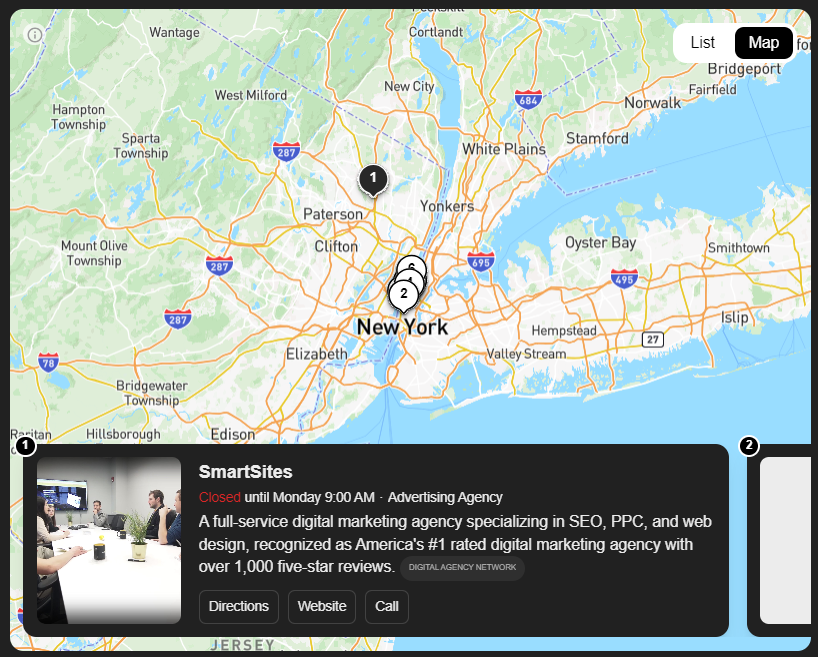 Image from author, November 2024
Image from author, November 2024This is less useful as a result, as being a reference for this query is basically a game of appearing in a certain website list – which is a paid membership only.
The website used to compile all the map results ranks No. 4 in Bing classically, so it is at least a high-ranking result – but this just feels like scraping a list on a website and is a lazy result.
Triggering The Map
The map result (as shown in the screenshot above) doesn’t always trigger.
For a number of queries when I specified a location, it just provided the list results without the option to view a map. This is different from the “list” toggle on the Map, as this keeps the map but creates a list underneath it (which is very similar to the Google Map Pack).
Speaking of Google Maps, if you ask SearchGPT explicitly to show you the results on a Map, it directs you to Google Maps:
 Image from author, November 2024
Image from author, November 2024YMYL Searches
YMYL queries refer to search queries that could potentially impact a person’s health, safety, or financial stability.
It is widely understood (and communicated) that Google and Bing place greater emphasis on these queries and ensure that accurate information is provided from trustworthy sources.
“Remineralizing Gum”
According to Glimpse, “remineralizing gums” saw exponential search interest in October 2024.
As this is an emerging query in the health space, one could assume that the trend will be picked up by websites selling the product (or adjacent products) and producing content around the topic.
| Citation in ChatGPT Search | Ranking in Bing | Ranking in Google |
| https://www.webmd.com/oral-health/remineralizing-teeth | 1 | Not in the top 100 |
| https://www.worthychews.com/underbrush-gum-review/ | Not in the top 100 | Not in the top 100 |
| https://www.todaysrdh.com/tooth-remineralization-agents-an-evidence-based-review-to-make-informed-patient-recommendations/ | 5 | Not in the top 100 |
| https://wellnessmama.com/health/remineralize-teeth/ | 7 | Not in the top 100 |
| https://www.dentaly.org/us/oral-health/remineralize-teeth/ | 2 | Not in the top 100 |
SearchGPT feels like it played it safe with this query, only utilizing WebMD and Wikipedia as citations before providing references to a variety of other websites.
“How To Lower Cholesterol”
The response for this query doesn’t highlight anything dangerous or out of the ordinary and is measured in response.
I also recognize a number of the websites in the citations, which help with trusting the information.
| Citation in ChatGPT Search | Ranking in Bing | Ranking in Google |
| https://www.health.harvard.edu/heart-health/11-foods-that-lower-cholesterol | 6 | 46 |
| https://www.mayoclinic.org/diseases-conditions/high-blood-cholesterol/in-depth/cholesterol/art-20045192 | 11 | Not in the top 100 |
| https://www.heartuk.org.uk/healthy-living/cholesterol-lowering-foods | Not in the top 100 | 60 |
| https://www.mayoclinic.org/diseases-conditions/high-blood-cholesterol/in-depth/reduce-cholesterol/art-20045935 | Not in the top 100 | 9 |
| https://www.thehealthsite.com/diseases-conditions/clogged-heart-diet-tips-5-purple-foods-to-lower-high-cholesterol-levels-naturally-1144015/ | 3 | Not in the top 100 |
Interestingly, SearchGPT is pulling from two separate URLs on the Mayo Clinic website, despite one of them not ranking in the top 100 for Bing.
“Who Can Sign A Contract On Behalf Of A Company”
On the first run of the query, the response contained a more textbook answer, citing the four main criteria under English Law for a contract to be valid (Offer, Acceptance, Consideration, Intent), as well as two additional bullet points around capacity and that the contract itself is legal.
 Image from author, November 2024
Image from author, November 2024From this response, the cited source URLs and top referenced URLs barely ranked in the top 100 results of Bing:
| Citation in ChatGPT Search | Ranking in Bing | Ranking in Google |
| https://harperjames.co.uk/article/contract-formation-authority/ | 2 | 16 |
| https://brodies.com/insights/corporate/execution-of-a-contract-by-a-uk-company-the-differences-between-scots-and-english-law/ | Not in the top 100 | 26 |
| https://www.mondaq.com/uk/corporate-governance/1363380/what-happens-when-you-sign-a-corporate-contract-without-authorisation | Not in the top 100 | 58 |
| https://www.zelllaw.com/learning-center/blog/2021/august/who-can-sign-a-contract-on-behalf-of-your-compan/ | 8 | 14 |
| https://www.top.legal/en/knowledge/signing-authority | Not in the top 100 | Not in the top 100 |
However, when I perform the same query on a different computer – on the same account and same internet connection – I get a completely different response:
 Image from author, November 2024
Image from author, November 2024The citations and search results provided also differ, with only one of the original citation sources remaining.
| Citation in ChatGPT Search | Ranking in Bing | Ranking in Google |
| https://www.legislation.gov.uk/ukpga/2006/46/section/44 | 3 | Not in the top 100 |
| https://brodies.com/insights/corporate/execution-of-a-contract-by-a-uk-company-the-differences-between-scots-and-english-law/ | Not in the top 100 | 26 |
| https://www.stevens-bolton.com/site/insights/briefing-notes/execution-of-documents-top-ten-questions-and-answers | Not in the top 100 | 7 |
| https://legalvision.co.uk/corporations/company-power-of-attorney/ | Not in the top 100 | Not in the top 100 |
| https://sprintlaw.co.uk/articles/an-employees-capacity-to-bind-a-company-by-contract/ | Not in the top 100 | 9 |
On the second run of this query, even fewer citations ranked in the top 100 Bing results.
Interestingly, when looking for the domains on the second data pull for this query in Google, the domains ranked higher with different URLs than those cited by ChatGPT Search.
“How Many Credit Cards Should I Have?”
| Citation in ChatGPT Search | Ranking in Bing | Ranking in Google |
| https://www.money.co.uk/credit-cards/how-many-credit-cards-should-you-have | 1 | 9 |
| https://www.moneysupermarket.com/credit-cards/how-many-credit-cards/ | 3 | 6 |
| https://bank.marksandspencer.com/credit-card/card-support/how-many-credit-cards-should-you-have/ | Not in the top 100 | 14 |
| https://www.hsbc.co.uk/credit-cards/how-many-credit-cards-should-you-have/ | Not in the top 100 | 2 |
| https://www.nerdwallet.com/article/finance/how-many-credit-cards | 5 | 7 |
Testing financial queries, I saw the closest alignment to both Bing and Google’s first page of results.
Four of the five cited sources in the table above appear on Google’s first page (in the UK) for the query, with the only exception being the bank.marksandspencer.com URL, which appears in the middle of page two on Google.
Ecommerce Searches
Transactional searches in ecommerce refer to queries where the user intends to make a purchase or complete a transaction.
These are often high-intent searches, where the user is actively seeking a product or service, and they’re close to making a buying decision.
In my models, I’ve talked about how AI can’t necessarily satisfy the full extent of an ecommerce query (as AI can’t facilitate the shopping and purchase experience); I’ve classed this user group as “Purchasers.”
 Dan Taylor’s Model of AI Influence on User Types (Image from author, November 2024)
Dan Taylor’s Model of AI Influence on User Types (Image from author, November 2024)The simpler and more open the query, the more likely AI can steer and influence, but as a user narrows down to make a purchase (moves from being a shopper to a purchaser), it still needs to engage with brands and ecommerce websites.
“Best Christmas Gifts For Him 2025”
| Citation in ChatGPT Search | Ranking in Bing | Ranking in Google |
| https://edition.cnn.com/cnn-underscored/gifts/gift-ideas-for-men | 74 | Not in the top 100 |
| https://www.usnews.com/360-reviews/gifts/best-gifts-for-men | 69 | Not in the top 100 |
| https://www.fashionbeans.com/article/gifts-for-men/ | 15 | Not in the top 100 |
| https://www.architecturaldigest.com/story/best-gifts-for-men | 70 | Not in the top 100 |
| https://www.gq.com/story/best-gifts-for-men | 80 | 8 |
Another positive point for SearchGPT is that all of the webpages referenced and cited for the query have been published (or at least claim to have been published) in the past month.
An adjacent test I’m running on AI Overviews at the moment for similar queries has content as far back as 2017 being referenced and cited in AI Overviews.
“Black Friday Deals”
 Image from author, November 2024
Image from author, November 2024While being very single-source heavy, the second citation for [Tips for maximizing Black Friday Savings] came from an Australian website.
Google’s AI Overviews have received some criticism on X (Twitter) and other platforms from a number of SEO professionals as to the inclusion of Australian sources in non-AU markets.
This could be an indication that SearchGPT may exhibit the same behavior across queries.
| Citation in ChatGPT Search | Ranking in Bing | Ranking in Google |
| https://www.techradar.com/uk/black-friday/black-friday-deals-sales | 14 | 2 |
| https://www.news.com.au/finance/business/retail/shoppers-warned-to-be-alert-for-scams-ahead-of-black-friday-and-cyber-monday-sales/news-story/469ac2b5496fe0fb20230dd45434f7ed | 15 | Not in the top 100 |
“Nike Air Max Size 10 Deals”
Just searching for products in SearchGPT seems to be interpreted as informational, but adding a modifier as “deals” brings about the commercial intent and changes the response, while maintaining the conversational tone:
 Image from author, November 2024
Image from author, November 2024This result also brought about some hallucinations/misinformation.
On the Nike source cited:
- I couldn’t find a pair of Air Max ’90s for £115.99 – they were all cheaper.
- The only Air Max 97 on the cited webpage was a children’s shoe, reduced to £52.49 – again, a lot cheaper.
This isn’t ideal, as if I was looking to buy a pair of Air Max ’90s at a cheap price through Google’s PLAs, I can find them for £80 (and some cheaper depending on the model). This is a lot cheaper than what SearchGPT is saying Nike is selling them for directly, so it could detract sales from your brand website if this misinformation persists.
| Citation in ChatGPT Search | Ranking in Bing | Ranking in Google |
| https://www.nike.com/gb/w/sale-air-max-shoes-3yaepza6d8hzy7ok | 1 | 1 |
| https://www.sportsdirect.com/nike/nike-air-max | 5 | 6 |
| https://www.jdsports.co.uk/collection/nike-air-max/sale/p/trainers/ | Not in the top 100 | Not in the top 100 |
| https://www.amazon.co.uk/s?k=nike+air+max+trainers+men+size+10 | Not in the top 100 | 4 |
| https://www.lovethesales.com/nike-air-max-sale | Not in the top 100 | 11 |
This query was another instance of Google ranking URLs for the domain, e.g., JDSports, for the query in a good position – but not the URL cited by ChatGPT Search.
Travel Searches
“Best Holiday Destinations 2025”
Much like a number of queries in the travel sector, this triggered an image pack above the carousel.
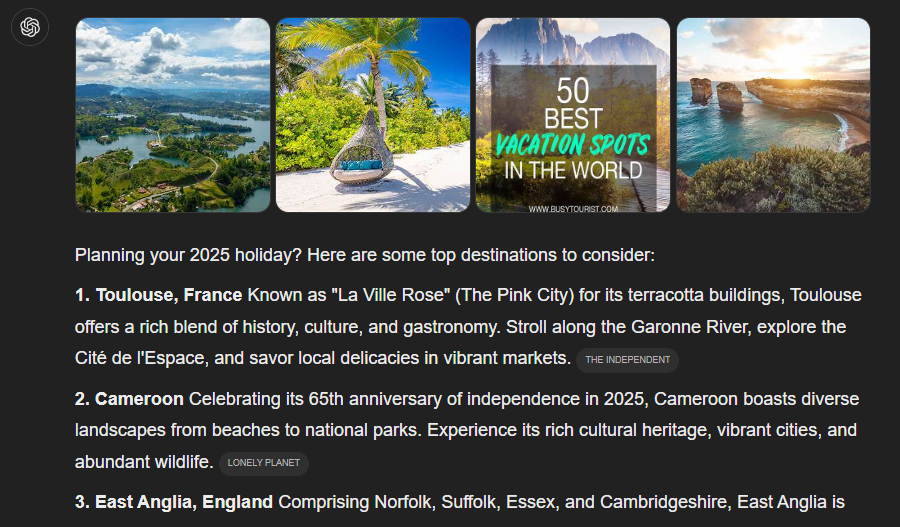 Image from author, November 2024
Image from author, November 2024Having worked with a large number of travel companies and supported the industry through events and the Institute of Travel & Tourism, I can honestly say this is a very eclectic list of destinations to consider.
The citations are very publisher-heavy, with other travel companies (and travel blogs) in the search results section.
| Citation in ChatGPT Search | Ranking in Bing | Ranking in Google |
| https://www.independent.co.uk/travel/news-and-advice/lonely-planet-best-destinations-2025-b2633986.html | 2 |
Not in top 100 |
| https://www.lonelyplanet.com/best-in-travel | 1 |
11 |
| https://www.thesun.co.uk/travel/31237176/lonely-planet-top-2025-english-hotspot/ | Not in the top 100 |
52 |
| https://www.thesun.ie/travel/13945757/european-destination-named-top-holiday-spot-2025/ | Not in the top 100 |
Not in top 100 |
| https://www.thescottishsun.co.uk/travel/13767687/african-holiday-destination-big-tui-hot-jet-lag/ | Not in the top 100 | Not in top 100 |
“Luxury Hotels In Napa Valley”
To my surprise, this query triggered the SearchGPT Map.
 Image from author, November 2024
Image from author, November 2024The Telegraph.co.uk result was referenced twice for two different hotels in the SearchGPT Map Pack.
| Citation in ChatGPT Search | Ranking in Bing | Ranking in Google |
| https://www.vogue.com/article/bardessono-hotel-and-spa | Not in the top 100 | Not in the top 100 |
| https://www.telegraph.co.uk/travel/destinations/north-america/united-states/california/napa-county/napa-valley/hotels/ | 6 | Not in the top 100 |
| https://www.napavalley.com/blog/napa-valley-luxury-hotels/ | 3 | Not in the top 100 |
| https://www.vogue.com/article/halehouse-spa-at-stanly-ranch | Not in the top 100 | Not in the top 100 |
| https://www.telegraph.co.uk/travel/destinations/north-america/united-states/california/napa-county/napa-valley/hotels/ | 6 (Duplicate URL) | Not in the top 100 |
Reviewing the recommendations and sources, there doesn’t appear to be a logical connection as to why these sources and (specifically) these locations were chosen.
Google’s hotel feature is a lot more comprehensive and interactive, so I don’t see this threatening the hotel search journey any time soon.
“Abu Dhabi Grand Prix”
Sports tourism is growing in popularity, and F1 is a globally popular sport.
Searching for specific races is also a tricky query, which is what I wanted to test out.
Searching for “[location] grand prix” has a number of common interpretations. It could be an informational search, a navigational search, or with transactional intent and wanting to research ticket prices.
 Image from author, November 2024
Image from author, November 2024I feel like SearchGPT understood this, as the five websites referenced as citations cover these bases quite well, and it doesn’t lean into being too heavily informational or transactional.
This is a similar result to any Grand Prix query, e.g., Bahrain GP, Belgium GP, Singapore GP.
| Citation in ChatGPT Search | Ranking in Bing | Ranking in Google |
| https://www.formula1.com/en/latest/article/fia-and-formula-1-announces-calendar-for-2025.48ii9hOMGxuOJnjLgpA5qS | Not in the top 100 | Not in the top 100 |
| https://f1experiences.com/2025-abu-dhabi-grand-prix | 8 | 13 |
| https://www.p1travel.com/en-GB/motorsports/formula-1/abu-dhabi-gp-paddock-club-2025** | Not in the top 100 | Not in the top 100 |
| https://www.etihad.com/en-gb/abu-dhabi/formula-1/formula-1-abu-dhabi-grand-prix-packages | 4 | Not in the top 100 |
| https://www.bbc.co.uk/sport/formula1/67537239 | 11 | Not in the top 100 |
From the list of referenced webpages, the **P1Travel URL posed an anomaly across all of the searches I’ve done to try and break SearchGPT. The URL returns a 404:
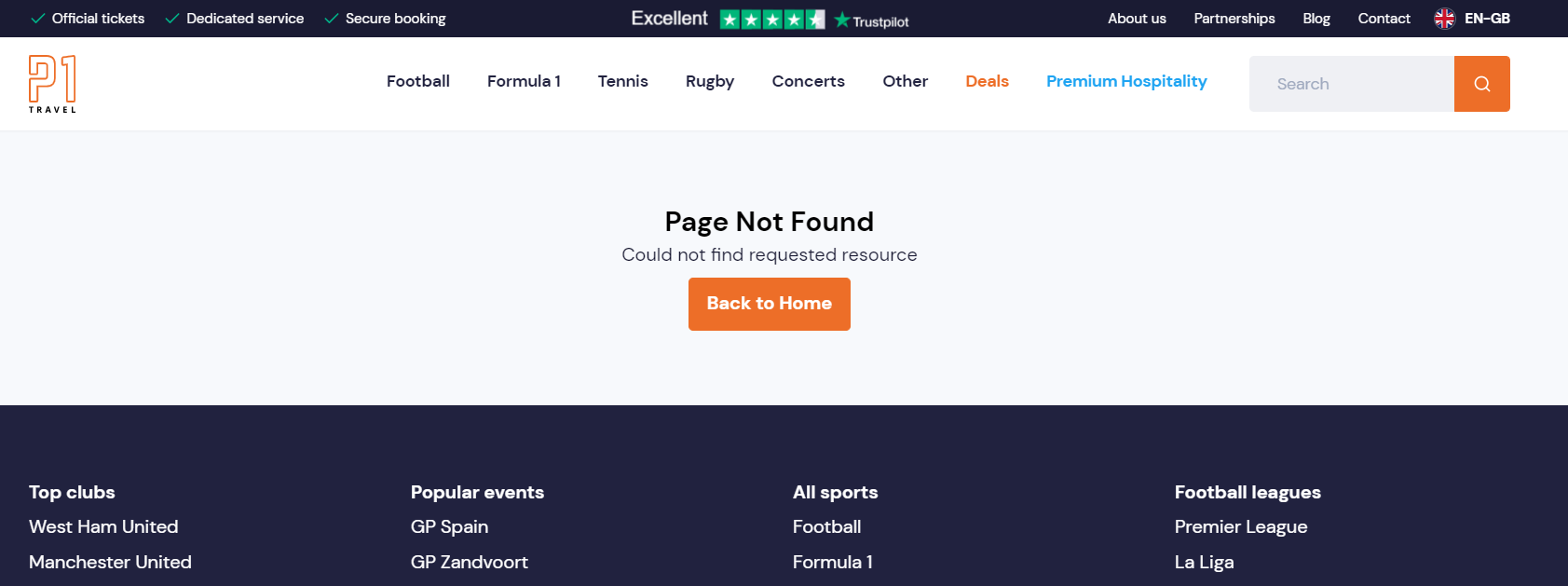 Screenshot from p1travel.com, November 2024
Screenshot from p1travel.com, November 2024Travel SEO has been evolving for a number of years now, and in my opinion, LLM platforms pose the greatest potential to disrupt this industry more consistently than others.
Other Query Observations
Over the past 48 hours, I’ve made notes of queries made throughout the day through Google and repeated them on Bing and SearchGPT.
“England V Samoa Score”
Despite being at the match itself, what triggered me to look at this query was my wife commenting on the score – and the score she quoted was wrong.
So, I replicated her search on Google and found the below result:
 Screenshot for search for [england v samoa score], Google, November 2024
Screenshot for search for [england v samoa score], Google, November 2024While the “Top Stories” section does bring accurate results, Google’s feature at the top of the SERP brings the result of a game over a year ago – in a different sport.
Now, I can understand why Google is falling down here.
Rugby Union is the second most popular sport in the UK, and Rugby League is the 11th most popular. So, choosing to show this sport over the other would be acknowledging a greater common interpretation of the query, and looking to cater to a larger potential search audience.
I then wanted to see how ChatGPT Search fared with the same query:
 Screenshot of search for [england v samoa score], ChatGPT Search, November 2024
Screenshot of search for [england v samoa score], ChatGPT Search, November 2024While it isn’t as visually prominent, the generative text cited from the BBC contains the correct scoreline as well as other factually correct information.
The downfall then comes that the news stories being pulled through relate to a different game (that happened the previous week).
As I reviewed all of the citations provided by ChatGPT Search, I noticed that it pulls through news stories relating to the same incorrect match that Google cited prominently in the SERP feature.
But the AI has been able to distinguish the two and provide a timely result, potentially showing a greater understanding of queries that may be time-sensitive and the concept of QDF against leaning towards the “more common” dominant interpretation.
As Bing plays a prominent role in SearchGPT, it’s no surprise to see Bing also prioritizing the more recent incident of England vs. Samoa through the Bing News feature, although Bing does then feature the same match from over a year ago in the special sports feature.
 Screenshot of search for [england v samoa score], Bing, November 2024
Screenshot of search for [england v samoa score], Bing, November 2024“Manchester United v Chelsea”
To test true timeliness around live events, I’ve performed (and compared) this search query during the live soccer game.
I actually found the ChatGPT Search result to be the most informational and useful – outside of reporting the live score.
 Screenshot of search for [manchester united v chelsea], ChatGPT, November 2024
Screenshot of search for [manchester united v chelsea], ChatGPT, November 2024The ChatGPT overview provides a lot of information in a single snippet – including broadcast information.
If you search for broadcast information on Google and Bing, you don’t get this depth of information directly in the results – and unfortunately, a lot of publishers bury this information deep in an article, even if that article is written (and headlined) to target the query specifically.
To see if ChatGPT Search would show the in-game score, I tried repeatedly with variations of “Manchester United v Chelsea live score|in game score|current score|score now.”
But despite Bing showing the live score in a SERP feature and a number of sources being accessed by ChatGPT that contain the information, all it would give was variations of the below response – refreshingly asking the user to visit the source website for the information.
 Image from author, November 2024
Image from author, November 2024“Cheese Not Sticking To Pizza”
This was a prominent query that Google’s AI Overviews fell down on earlier this year, drawing scrutiny from the mass media.
 Image from author, November 2024
Image from author, November 2024I’ve tested a number of the queries that tripped Google up, and so far, SearchGPT seems to avoid hallucinations and confusing results.
Do I Think This Will Disrupt Google?
Google has been facing disruption since the mass market’s relationship with mobile devices changed.
Moving away from desktop and utilizing apps and browsers to research, shop, and be entertained opened the doors for new platforms to compete for screen time and attention.
On a recent podcast I ran, John Mueller said that when Google first started to push towards mobile-first, a lot of SEO pros and webmasters were skeptical and vocal that users wouldn’t shift from mobile to desktop to view their websites.
SEO as a practice is only 30 (or so) years old – and in 30 years, how users interact with businesses has changed drastically.
AI platforms, such as SearchGPT, will disrupt Google as adoption increases and the “early majority” of consumers start to use LLM platforms daily for tasks they otherwise would have engaged the wider Google ecosystem with.
We can draw some parallels to the Model T, and when Henry Ford introduced the car, it was seen as a novelty and not for the masses – with people seeing them as “faster horses” than a revolutionary mode of transport.
As SEO professionals, we can see the “revolution” part of it in motion, but we must remember that to the mass market, a lot of AI is merely gimmicks such as removing things and people from the background of images on phones or using things like Circle Search.
SearchGPT will contribute to the overall disruption, and it might pioneer the “what’s possible, “much like Jeeves was a pioneer in mass market internet search engine adoption.
Also, I don’t feel this would be a complete answer if I didn’t ask SearchGPT directly if it will disrupt Google:
 Image from author, November 2024
Image from author, November 2024Which Search Is Best?
In testing SearchGPT felt as though it had a better understanding around time sensitive queries and used more recent sources.
Removing visual experience from the equation, SearchGPT is better as objectively you want recent content when you’re searching for information around holidays, gifts, products for “now,” and not viewpoints from over a year ago.
For local search, ChatGPT Search still has a long way to go and falls short of were Google and Bing are.
In my opinion, information was better in ChatGPT Search than in Google and Bing, but not on all queries. Overall I still feel it is behind Google’s AI Overviews and Bing’s Generative Search in terms of answer queries behind text-driven informational results – and the ChatGPT Search interface is a little bit too detached from what we’re used to seeing from a “Search engine”.
Closing Thoughts
Brett Tabke has referred to SearchGPT as the “final” search engine, and I agree with this.
While SearchGPT currently offers certain advantages over Google and traditional search models, it is still a work in progress.
However, its potential trajectory is one of the key insights to take away from SearchGPT.
This development indicates that user interaction with the internet is evolving once again, and as SEO pros, we must adapt as an industry.
The rise of platforms like TikTok highlights the shift toward multi-modal search, urging us to move beyond a narrow focus on the “engine” aspect of our work.
The core principles of SEO, particularly technical SEO, will always remain relevant, as AI crawlers must crawl, identify, and access content similarly to traditional search engine crawlers.
I believe it’s time for us to adjust our SEO terminology, shifting the conversation from ranking to referencing, and realigning what the overall success of an SEO campaign is.
And we finally start taking credit for upper funnel visibility and touchpoints and are not measured solely on bottom-of-the-funnel conversions.
Rather than asking the questions “How do we optimize for SearchGPT?” or “How do we optimize for LLMs?,” we need to be looking at our market and the different LLM platforms and asking questions like:
- How does our audience interact with SearchGPT, and how will SearchGPT stop our audience leaving the ChatGPT ecosystem?
- What information does the user get if they stay in this ecosystem versus what they would receive “traditionally”?
- When (and if) the user leaves this ecosystem, what is their new entry point in our perceived funnel? How well adapted is our funnel for new-to-brand (NTB) touchpoints at this stage?
More resources:
Featured Image: Roman Samborskyi/Shutterstock
You may like
Noticias
Revivir el compromiso en el aula de español: un desafío musical con chatgpt – enfoque de la facultad
Published
8 meses agoon
6 junio, 2025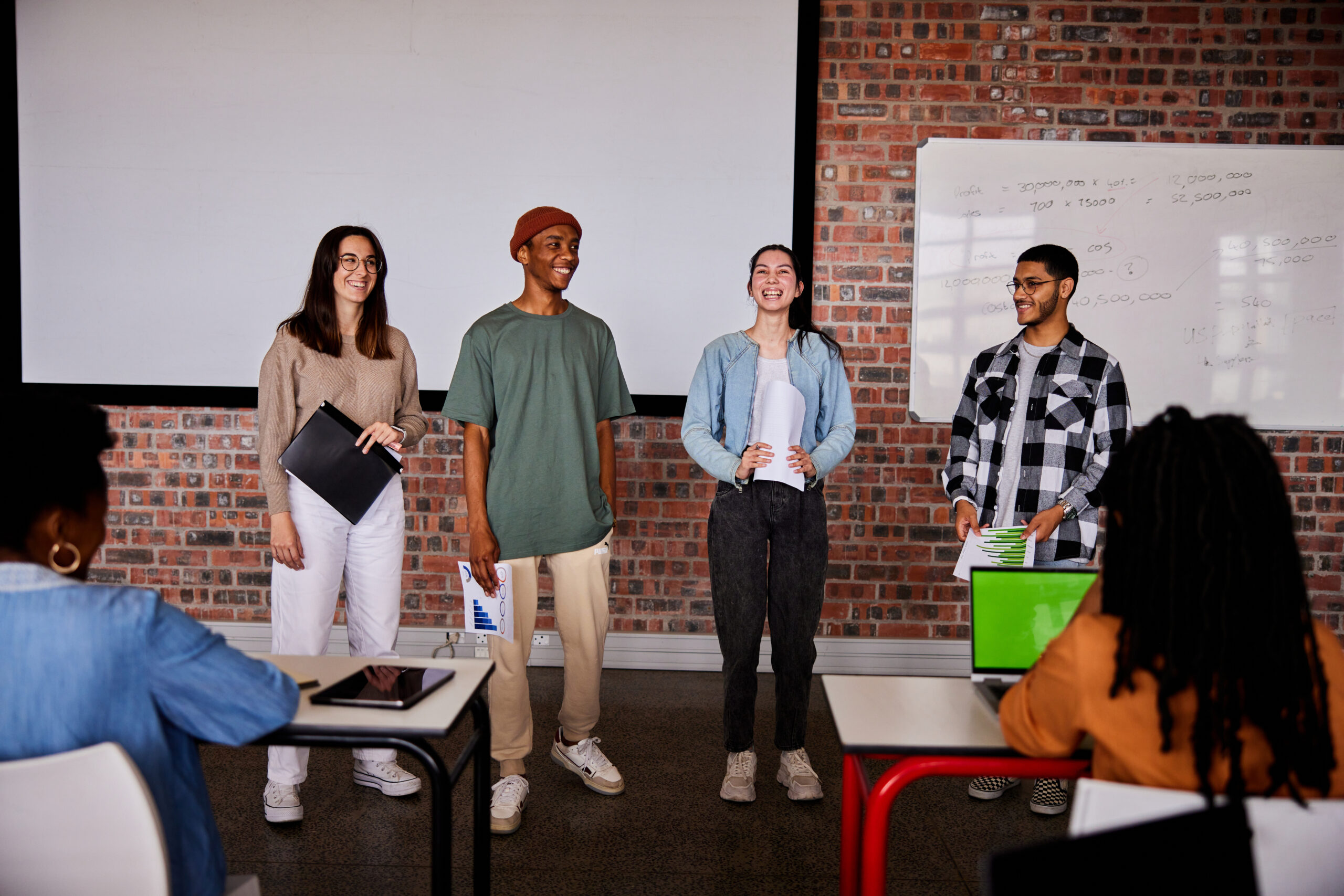
A mitad del semestre, no es raro notar un cambio en los niveles de energía de sus alumnos (Baghurst y Kelley, 2013; Kumari et al., 2021). El entusiasmo inicial por aprender un idioma extranjero puede disminuir a medida que otros cursos con tareas exigentes compitan por su atención. Algunos estudiantes priorizan las materias que perciben como más directamente vinculadas a su especialidad o carrera, mientras que otros simplemente sienten el peso del agotamiento de mediados de semestre. En la primavera, los largos meses de invierno pueden aumentar esta fatiga, lo que hace que sea aún más difícil mantener a los estudiantes comprometidos (Rohan y Sigmon, 2000).
Este es el momento en que un instructor de idiomas debe pivotar, cambiando la dinámica del aula para reavivar la curiosidad y la motivación. Aunque los instructores se esfuerzan por incorporar actividades que se adapten a los cinco estilos de aprendizaje preferidos (Felder y Henriques, 1995)-Visual (aprendizaje a través de imágenes y comprensión espacial), auditivo (aprendizaje a través de la escucha y discusión), lectura/escritura (aprendizaje a través de interacción basada en texto), Kinesthetic (aprendizaje a través de movimiento y actividades prácticas) y multimodal (una combinación de múltiples estilos)-its is beneficiales). Estructurado y, después de un tiempo, clases predecibles con actividades que rompen el molde. La introducción de algo inesperado y diferente de la dinámica del aula establecida puede revitalizar a los estudiantes, fomentar la creatividad y mejorar su entusiasmo por el aprendizaje.
La música, en particular, ha sido durante mucho tiempo un aliado de instructores que enseñan un segundo idioma (L2), un idioma aprendido después de la lengua nativa, especialmente desde que el campo hizo la transición hacia un enfoque más comunicativo. Arraigado en la interacción y la aplicación del mundo real, el enfoque comunicativo prioriza el compromiso significativo sobre la memorización de memoria, ayudando a los estudiantes a desarrollar fluidez de formas naturales e inmersivas. La investigación ha destacado constantemente los beneficios de la música en la adquisición de L2, desde mejorar la pronunciación y las habilidades de escucha hasta mejorar la retención de vocabulario y la comprensión cultural (DeGrave, 2019; Kumar et al. 2022; Nuessel y Marshall, 2008; Vidal y Nordgren, 2024).
Sobre la base de esta tradición, la actividad que compartiremos aquí no solo incorpora música sino que también integra inteligencia artificial, agregando una nueva capa de compromiso y pensamiento crítico. Al usar la IA como herramienta en el proceso de aprendizaje, los estudiantes no solo se familiarizan con sus capacidades, sino que también desarrollan la capacidad de evaluar críticamente el contenido que genera. Este enfoque los alienta a reflexionar sobre el lenguaje, el significado y la interpretación mientras participan en el análisis de texto, la escritura creativa, la oratoria y la gamificación, todo dentro de un marco interactivo y culturalmente rico.
Descripción de la actividad: Desafío musical con Chatgpt: “Canta y descubre”
Objetivo:
Los estudiantes mejorarán su comprensión auditiva y su producción escrita en español analizando y recreando letras de canciones con la ayuda de ChatGPT. Si bien las instrucciones se presentan aquí en inglés, la actividad debe realizarse en el idioma de destino, ya sea que se enseñe el español u otro idioma.
Instrucciones:
1. Escuche y decodifique
- Divida la clase en grupos de 2-3 estudiantes.
- Elija una canción en español (por ejemplo, La Llorona por chavela vargas, Oye CÓMO VA por Tito Puente, Vivir mi Vida por Marc Anthony).
- Proporcione a cada grupo una versión incompleta de la letra con palabras faltantes.
- Los estudiantes escuchan la canción y completan los espacios en blanco.
2. Interpretar y discutir
- Dentro de sus grupos, los estudiantes analizan el significado de la canción.
- Discuten lo que creen que transmiten las letras, incluidas las emociones, los temas y cualquier referencia cultural que reconocan.
- Cada grupo comparte su interpretación con la clase.
- ¿Qué crees que la canción está tratando de comunicarse?
- ¿Qué emociones o sentimientos evocan las letras para ti?
- ¿Puedes identificar alguna referencia cultural en la canción? ¿Cómo dan forma a su significado?
- ¿Cómo influye la música (melodía, ritmo, etc.) en su interpretación de la letra?
- Cada grupo comparte su interpretación con la clase.
3. Comparar con chatgpt
- Después de formar su propio análisis, los estudiantes preguntan a Chatgpt:
- ¿Qué crees que la canción está tratando de comunicarse?
- ¿Qué emociones o sentimientos evocan las letras para ti?
- Comparan la interpretación de ChatGPT con sus propias ideas y discuten similitudes o diferencias.
4. Crea tu propio verso
- Cada grupo escribe un nuevo verso que coincide con el estilo y el ritmo de la canción.
- Pueden pedirle ayuda a ChatGPT: “Ayúdanos a escribir un nuevo verso para esta canción con el mismo estilo”.
5. Realizar y cantar
- Cada grupo presenta su nuevo verso a la clase.
- Si se sienten cómodos, pueden cantarlo usando la melodía original.
- Es beneficioso que el profesor tenga una versión de karaoke (instrumental) de la canción disponible para que las letras de los estudiantes se puedan escuchar claramente.
- Mostrar las nuevas letras en un monitor o proyector permite que otros estudiantes sigan y canten juntos, mejorando la experiencia colectiva.
6. Elección – El Grammy va a
Los estudiantes votan por diferentes categorías, incluyendo:
- Mejor adaptación
- Mejor reflexión
- Mejor rendimiento
- Mejor actitud
- Mejor colaboración
7. Reflexión final
- ¿Cuál fue la parte más desafiante de comprender la letra?
- ¿Cómo ayudó ChatGPT a interpretar la canción?
- ¿Qué nuevas palabras o expresiones aprendiste?
Pensamientos finales: música, IA y pensamiento crítico
Un desafío musical con Chatgpt: “Canta y descubre” (Desafío Musical Con Chatgpt: “Cantar y Descubrir”) es una actividad que he encontrado que es especialmente efectiva en mis cursos intermedios y avanzados. Lo uso cuando los estudiantes se sienten abrumados o distraídos, a menudo alrededor de los exámenes parciales, como una forma de ayudarlos a relajarse y reconectarse con el material. Sirve como un descanso refrescante, lo que permite a los estudiantes alejarse del estrés de las tareas y reenfocarse de una manera divertida e interactiva. Al incorporar música, creatividad y tecnología, mantenemos a los estudiantes presentes en la clase, incluso cuando todo lo demás parece exigir su atención.
Más allá de ofrecer una pausa bien merecida, esta actividad provoca discusiones atractivas sobre la interpretación del lenguaje, el contexto cultural y el papel de la IA en la educación. A medida que los estudiantes comparan sus propias interpretaciones de las letras de las canciones con las generadas por ChatGPT, comienzan a reconocer tanto el valor como las limitaciones de la IA. Estas ideas fomentan el pensamiento crítico, ayudándoles a desarrollar un enfoque más maduro de la tecnología y su impacto en su aprendizaje.
Agregar el elemento de karaoke mejora aún más la experiencia, dando a los estudiantes la oportunidad de realizar sus nuevos versos y divertirse mientras practica sus habilidades lingüísticas. Mostrar la letra en una pantalla hace que la actividad sea más inclusiva, lo que permite a todos seguirlo. Para hacerlo aún más agradable, seleccionando canciones que resuenen con los gustos de los estudiantes, ya sea un clásico como La Llorona O un éxito contemporáneo de artistas como Bad Bunny, Selena, Daddy Yankee o Karol G, hace que la actividad se sienta más personal y atractiva.
Esta actividad no se limita solo al aula. Es una gran adición a los clubes españoles o eventos especiales, donde los estudiantes pueden unirse a un amor compartido por la música mientras practican sus habilidades lingüísticas. Después de todo, ¿quién no disfruta de una buena parodia de su canción favorita?
Mezclar el aprendizaje de idiomas con música y tecnología, Desafío Musical Con Chatgpt Crea un entorno dinámico e interactivo que revitaliza a los estudiantes y profundiza su conexión con el lenguaje y el papel evolutivo de la IA. Convierte los momentos de agotamiento en oportunidades de creatividad, exploración cultural y entusiasmo renovado por el aprendizaje.
Angela Rodríguez Mooney, PhD, es profesora asistente de español y la Universidad de Mujeres de Texas.
Referencias
Baghurst, Timothy y Betty C. Kelley. “Un examen del estrés en los estudiantes universitarios en el transcurso de un semestre”. Práctica de promoción de la salud 15, no. 3 (2014): 438-447.
DeGrave, Pauline. “Música en el aula de idiomas extranjeros: cómo y por qué”. Revista de Enseñanza e Investigación de Lenguas 10, no. 3 (2019): 412-420.
Felder, Richard M. y Eunice R. Henriques. “Estilos de aprendizaje y enseñanza en la educación extranjera y de segundo idioma”. Anales de idiomas extranjeros 28, no. 1 (1995): 21-31.
Nuessel, Frank y April D. Marshall. “Prácticas y principios para involucrar a los tres modos comunicativos en español a través de canciones y música”. Hispania (2008): 139-146.
Kumar, Tribhuwan, Shamim Akhter, Mehrunnisa M. Yunus y Atefeh Shamsy. “Uso de la música y las canciones como herramientas pedagógicas en la enseñanza del inglés como contextos de idiomas extranjeros”. Education Research International 2022, no. 1 (2022): 1-9
Noticias
5 indicaciones de chatgpt que pueden ayudar a los adolescentes a lanzar una startup
Published
8 meses agoon
5 junio, 2025

Teen emprendedor que usa chatgpt para ayudarlo con su negocio
El emprendimiento adolescente sigue en aumento. Según Junior Achievement Research, el 66% de los adolescentes estadounidenses de entre 13 y 17 años dicen que es probable que considere comenzar un negocio como adultos, con el monitor de emprendimiento global 2023-2024 que encuentra que el 24% de los jóvenes de 18 a 24 años son actualmente empresarios. Estos jóvenes fundadores no son solo soñando, están construyendo empresas reales que generan ingresos y crean un impacto social, y están utilizando las indicaciones de ChatGPT para ayudarlos.
En Wit (lo que sea necesario), la organización que fundó en 2009, hemos trabajado con más de 10,000 jóvenes empresarios. Durante el año pasado, he observado un cambio en cómo los adolescentes abordan la planificación comercial. Con nuestra orientación, están utilizando herramientas de IA como ChatGPT, no como atajos, sino como socios de pensamiento estratégico para aclarar ideas, probar conceptos y acelerar la ejecución.
Los emprendedores adolescentes más exitosos han descubierto indicaciones específicas que los ayudan a pasar de una idea a otra. Estas no son sesiones genéricas de lluvia de ideas: están utilizando preguntas específicas que abordan los desafíos únicos que enfrentan los jóvenes fundadores: recursos limitados, compromisos escolares y la necesidad de demostrar sus conceptos rápidamente.
Aquí hay cinco indicaciones de ChatGPT que ayudan constantemente a los emprendedores adolescentes a construir negocios que importan.
1. El problema del primer descubrimiento chatgpt aviso
“Me doy cuenta de que [specific group of people]
luchar contra [specific problem I’ve observed]. Ayúdame a entender mejor este problema explicando: 1) por qué existe este problema, 2) qué soluciones existen actualmente y por qué son insuficientes, 3) cuánto las personas podrían pagar para resolver esto, y 4) tres formas específicas en que podría probar si este es un problema real que vale la pena resolver “.
Un adolescente podría usar este aviso después de notar que los estudiantes en la escuela luchan por pagar el almuerzo. En lugar de asumir que entienden el alcance completo, podrían pedirle a ChatGPT que investigue la deuda del almuerzo escolar como un problema sistémico. Esta investigación puede llevarlos a crear un negocio basado en productos donde los ingresos ayuden a pagar la deuda del almuerzo, lo que combina ganancias con el propósito.
Los adolescentes notan problemas de manera diferente a los adultos porque experimentan frustraciones únicas, desde los desafíos de las organizaciones escolares hasta las redes sociales hasta las preocupaciones ambientales. Según la investigación de Square sobre empresarios de la Generación de la Generación Z, el 84% planea ser dueños de negocios dentro de cinco años, lo que los convierte en candidatos ideales para las empresas de resolución de problemas.
2. El aviso de chatgpt de chatgpt de chatgpt de realidad de la realidad del recurso
“Soy [age] años con aproximadamente [dollar amount] invertir y [number] Horas por semana disponibles entre la escuela y otros compromisos. Según estas limitaciones, ¿cuáles son tres modelos de negocio que podría lanzar de manera realista este verano? Para cada opción, incluya costos de inicio, requisitos de tiempo y los primeros tres pasos para comenzar “.
Este aviso se dirige al elefante en la sala: la mayoría de los empresarios adolescentes tienen dinero y tiempo limitados. Cuando un empresario de 16 años emplea este enfoque para evaluar un concepto de negocio de tarjetas de felicitación, puede descubrir que pueden comenzar con $ 200 y escalar gradualmente. Al ser realistas sobre las limitaciones por adelantado, evitan el exceso de compromiso y pueden construir hacia objetivos de ingresos sostenibles.
Según el informe de Gen Z de Square, el 45% de los jóvenes empresarios usan sus ahorros para iniciar negocios, con el 80% de lanzamiento en línea o con un componente móvil. Estos datos respaldan la efectividad de la planificación basada en restricciones: cuando funcionan los adolescentes dentro de las limitaciones realistas, crean modelos comerciales más sostenibles.
3. El aviso de chatgpt del simulador de voz del cliente
“Actúa como un [specific demographic] Y dame comentarios honestos sobre esta idea de negocio: [describe your concept]. ¿Qué te excitaría de esto? ¿Qué preocupaciones tendrías? ¿Cuánto pagarías de manera realista? ¿Qué necesitaría cambiar para que se convierta en un cliente? “
Los empresarios adolescentes a menudo luchan con la investigación de los clientes porque no pueden encuestar fácilmente a grandes grupos o contratar firmas de investigación de mercado. Este aviso ayuda a simular los comentarios de los clientes haciendo que ChatGPT adopte personas específicas.
Un adolescente que desarrolla un podcast para atletas adolescentes podría usar este enfoque pidiéndole a ChatGPT que responda a diferentes tipos de atletas adolescentes. Esto ayuda a identificar temas de contenido que resuenan y mensajes que se sienten auténticos para el público objetivo.
El aviso funciona mejor cuando se vuelve específico sobre la demografía, los puntos débiles y los contextos. “Actúa como un estudiante de último año de secundaria que solicita a la universidad” produce mejores ideas que “actuar como un adolescente”.
4. El mensaje mínimo de diseñador de prueba viable chatgpt
“Quiero probar esta idea de negocio: [describe concept] sin gastar más de [budget amount] o más de [time commitment]. Diseñe tres experimentos simples que podría ejecutar esta semana para validar la demanda de los clientes. Para cada prueba, explique lo que aprendería, cómo medir el éxito y qué resultados indicarían que debería avanzar “.
Este aviso ayuda a los adolescentes a adoptar la metodología Lean Startup sin perderse en la jerga comercial. El enfoque en “This Week” crea urgencia y evita la planificación interminable sin acción.
Un adolescente que desea probar un concepto de línea de ropa podría usar este indicador para diseñar experimentos de validación simples, como publicar maquetas de diseño en las redes sociales para evaluar el interés, crear un formulario de Google para recolectar pedidos anticipados y pedirles a los amigos que compartan el concepto con sus redes. Estas pruebas no cuestan nada más que proporcionar datos cruciales sobre la demanda y los precios.
5. El aviso de chatgpt del generador de claridad de tono
“Convierta esta idea de negocio en una clara explicación de 60 segundos: [describe your business]. La explicación debe incluir: el problema que resuelve, su solución, a quién ayuda, por qué lo elegirían sobre las alternativas y cómo se ve el éxito. Escríbelo en lenguaje de conversación que un adolescente realmente usaría “.
La comunicación clara separa a los empresarios exitosos de aquellos con buenas ideas pero una ejecución deficiente. Este aviso ayuda a los adolescentes a destilar conceptos complejos a explicaciones convincentes que pueden usar en todas partes, desde las publicaciones en las redes sociales hasta las conversaciones con posibles mentores.
El énfasis en el “lenguaje de conversación que un adolescente realmente usaría” es importante. Muchas plantillas de lanzamiento comercial suenan artificiales cuando se entregan jóvenes fundadores. La autenticidad es más importante que la jerga corporativa.
Más allá de las indicaciones de chatgpt: estrategia de implementación
La diferencia entre los adolescentes que usan estas indicaciones de manera efectiva y aquellos que no se reducen a seguir. ChatGPT proporciona dirección, pero la acción crea resultados.
Los jóvenes empresarios más exitosos con los que trabajo usan estas indicaciones como puntos de partida, no de punto final. Toman las sugerencias generadas por IA e inmediatamente las prueban en el mundo real. Llaman a clientes potenciales, crean prototipos simples e iteran en función de los comentarios reales.
Investigaciones recientes de Junior Achievement muestran que el 69% de los adolescentes tienen ideas de negocios, pero se sienten inciertos sobre el proceso de partida, con el miedo a que el fracaso sea la principal preocupación para el 67% de los posibles empresarios adolescentes. Estas indicaciones abordan esa incertidumbre al desactivar los conceptos abstractos en los próximos pasos concretos.
La imagen más grande
Los emprendedores adolescentes que utilizan herramientas de IA como ChatGPT representan un cambio en cómo está ocurriendo la educación empresarial. Según la investigación mundial de monitores empresariales, los jóvenes empresarios tienen 1,6 veces más probabilidades que los adultos de querer comenzar un negocio, y son particularmente activos en la tecnología, la alimentación y las bebidas, la moda y los sectores de entretenimiento. En lugar de esperar clases de emprendimiento formales o programas de MBA, estos jóvenes fundadores están accediendo a herramientas de pensamiento estratégico de inmediato.
Esta tendencia se alinea con cambios más amplios en la educación y la fuerza laboral. El Foro Económico Mundial identifica la creatividad, el pensamiento crítico y la resiliencia como las principales habilidades para 2025, la capacidad de las capacidades que el espíritu empresarial desarrolla naturalmente.
Programas como WIT brindan soporte estructurado para este viaje, pero las herramientas en sí mismas se están volviendo cada vez más accesibles. Un adolescente con acceso a Internet ahora puede acceder a recursos de planificación empresarial que anteriormente estaban disponibles solo para empresarios establecidos con presupuestos significativos.
La clave es usar estas herramientas cuidadosamente. ChatGPT puede acelerar el pensamiento y proporcionar marcos, pero no puede reemplazar el arduo trabajo de construir relaciones, crear productos y servir a los clientes. La mejor idea de negocio no es la más original, es la que resuelve un problema real para personas reales. Las herramientas de IA pueden ayudar a identificar esas oportunidades, pero solo la acción puede convertirlos en empresas que importan.
Noticias
Chatgpt vs. gemini: he probado ambos, y uno definitivamente es mejor
Published
8 meses agoon
5 junio, 2025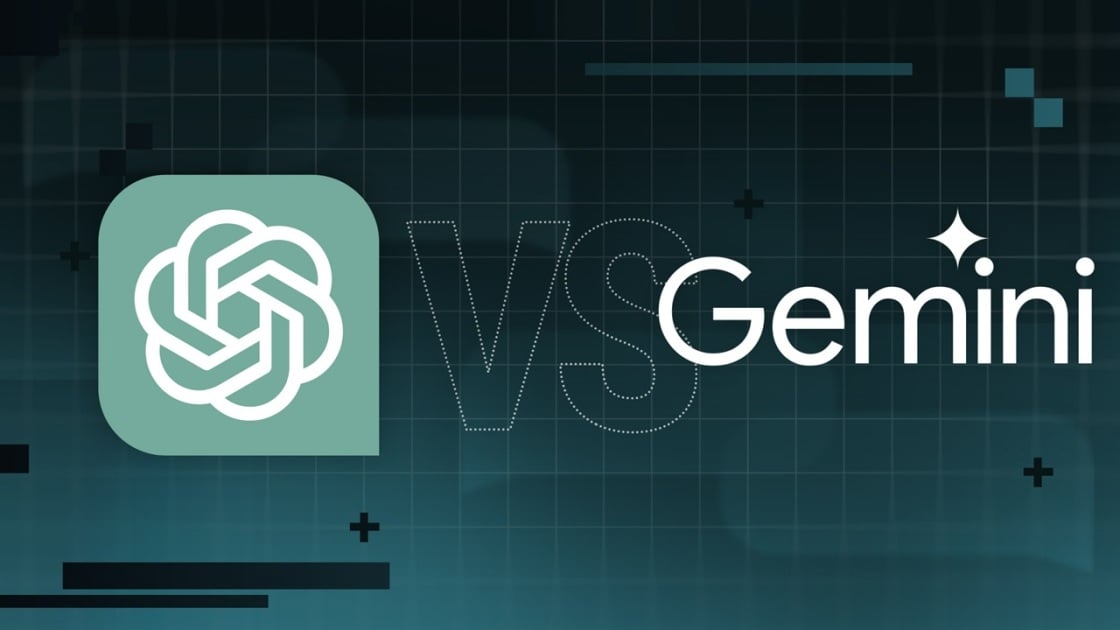
Precio
ChatGPT y Gemini tienen versiones gratuitas que limitan su acceso a características y modelos. Los planes premium para ambos también comienzan en alrededor de $ 20 por mes. Las características de chatbot, como investigaciones profundas, generación de imágenes y videos, búsqueda web y más, son similares en ChatGPT y Gemini. Sin embargo, los planes de Gemini pagados también incluyen el almacenamiento en la nube de Google Drive (a partir de 2TB) y un conjunto robusto de integraciones en las aplicaciones de Google Workspace.
Los niveles de más alta gama de ChatGPT y Gemini desbloquean el aumento de los límites de uso y algunas características únicas, pero el costo mensual prohibitivo de estos planes (como $ 200 para Chatgpt Pro o $ 250 para Gemini Ai Ultra) los pone fuera del alcance de la mayoría de las personas. Las características específicas del plan Pro de ChatGPT, como el modo O1 Pro que aprovecha el poder de cálculo adicional para preguntas particularmente complicadas, no son especialmente relevantes para el consumidor promedio, por lo que no sentirá que se está perdiendo. Sin embargo, es probable que desee las características que son exclusivas del plan Ai Ultra de Gemini, como la generación de videos VEO 3.
Ganador: Géminis
Plataformas
Puede acceder a ChatGPT y Gemini en la web o a través de aplicaciones móviles (Android e iOS). ChatGPT también tiene aplicaciones de escritorio (macOS y Windows) y una extensión oficial para Google Chrome. Gemini no tiene aplicaciones de escritorio dedicadas o una extensión de Chrome, aunque se integra directamente con el navegador.
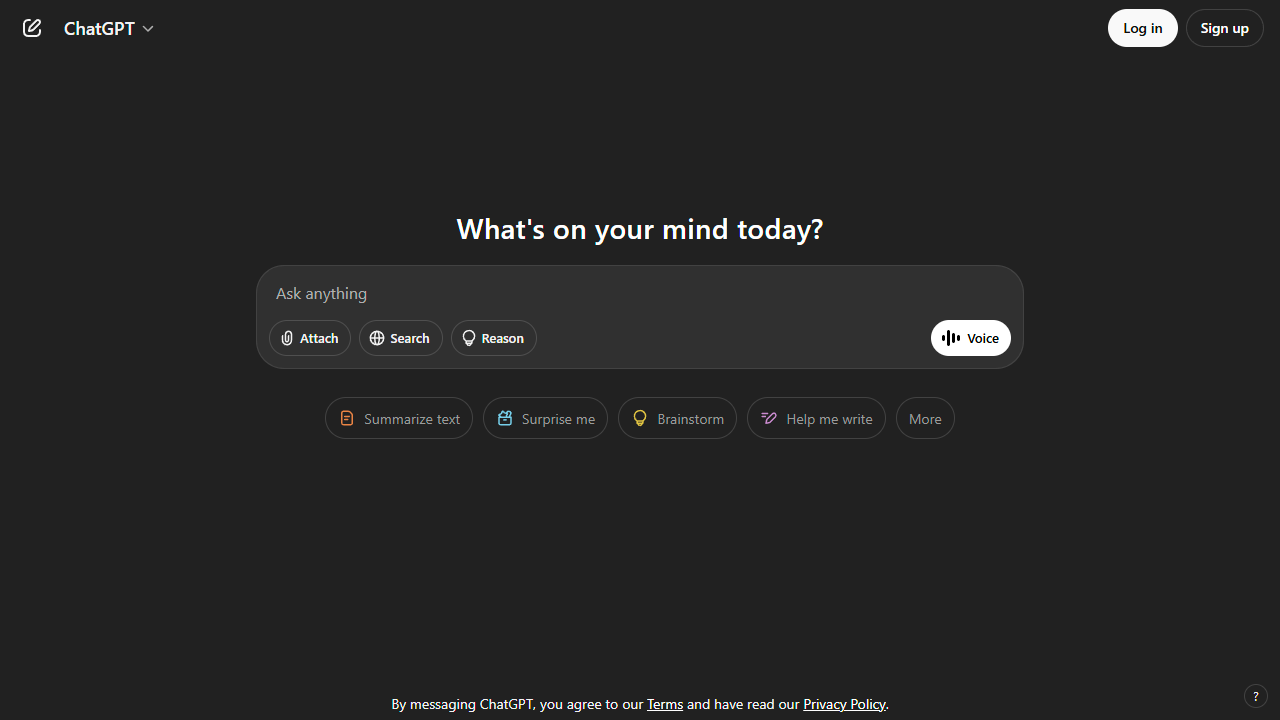
(Crédito: OpenAI/PCMAG)
Chatgpt está disponible en otros lugares, Como a través de Siri. Como se mencionó, puede acceder a Gemini en las aplicaciones de Google, como el calendario, Documento, ConducirGmail, Mapas, Mantener, FotosSábanas, y Música de YouTube. Tanto los modelos de Chatgpt como Gemini también aparecen en sitios como la perplejidad. Sin embargo, obtiene la mayor cantidad de funciones de estos chatbots en sus aplicaciones y portales web dedicados.
Las interfaces de ambos chatbots son en gran medida consistentes en todas las plataformas. Son fáciles de usar y no lo abruman con opciones y alternar. ChatGPT tiene algunas configuraciones más para jugar, como la capacidad de ajustar su personalidad, mientras que la profunda interfaz de investigación de Gemini hace un mejor uso de los bienes inmuebles de pantalla.
Ganador: empate
Modelos de IA
ChatGPT tiene dos series primarias de modelos, la serie 4 (su línea de conversación, insignia) y la Serie O (su compleja línea de razonamiento). Gemini ofrece de manera similar una serie Flash de uso general y una serie Pro para tareas más complicadas.
Los últimos modelos de Chatgpt son O3 y O4-Mini, y los últimos de Gemini son 2.5 Flash y 2.5 Pro. Fuera de la codificación o la resolución de una ecuación, pasará la mayor parte de su tiempo usando los modelos de la serie 4-Series y Flash. A continuación, puede ver cómo funcionan estos modelos en una variedad de tareas. Qué modelo es mejor depende realmente de lo que quieras hacer.
Ganador: empate
Búsqueda web
ChatGPT y Gemini pueden buscar información actualizada en la web con facilidad. Sin embargo, ChatGPT presenta mosaicos de artículos en la parte inferior de sus respuestas para una lectura adicional, tiene un excelente abastecimiento que facilita la vinculación de reclamos con evidencia, incluye imágenes en las respuestas cuando es relevante y, a menudo, proporciona más detalles en respuesta. Gemini no muestra nombres de fuente y títulos de artículos completos, e incluye mosaicos e imágenes de artículos solo cuando usa el modo AI de Google. El abastecimiento en este modo es aún menos robusto; Google relega las fuentes a los caretes que se pueden hacer clic que no resaltan las partes relevantes de su respuesta.
Como parte de sus experiencias de búsqueda en la web, ChatGPT y Gemini pueden ayudarlo a comprar. Si solicita consejos de compra, ambos presentan mosaicos haciendo clic en enlaces a los minoristas. Sin embargo, Gemini generalmente sugiere mejores productos y tiene una característica única en la que puede cargar una imagen tuya para probar digitalmente la ropa antes de comprar.
Ganador: chatgpt
Investigación profunda
ChatGPT y Gemini pueden generar informes que tienen docenas de páginas e incluyen más de 50 fuentes sobre cualquier tema. La mayor diferencia entre los dos se reduce al abastecimiento. Gemini a menudo cita más fuentes que CHATGPT, pero maneja el abastecimiento en informes de investigación profunda de la misma manera que lo hace en la búsqueda en modo AI, lo que significa caretas que se puede hacer clic sin destacados en el texto. Debido a que es más difícil conectar las afirmaciones en los informes de Géminis a fuentes reales, es más difícil creerles. El abastecimiento claro de ChatGPT con destacados en el texto es más fácil de confiar. Sin embargo, Gemini tiene algunas características de calidad de vida en ChatGPT, como la capacidad de exportar informes formateados correctamente a Google Docs con un solo clic. Su tono también es diferente. Los informes de ChatGPT se leen como publicaciones de foro elaboradas, mientras que los informes de Gemini se leen como documentos académicos.
Ganador: chatgpt
Generación de imágenes
La generación de imágenes de ChatGPT impresiona independientemente de lo que solicite, incluso las indicaciones complejas para paneles o diagramas cómicos. No es perfecto, pero los errores y la distorsión son mínimos. Gemini genera imágenes visualmente atractivas más rápido que ChatGPT, pero rutinariamente incluyen errores y distorsión notables. Con indicaciones complicadas, especialmente diagramas, Gemini produjo resultados sin sentido en las pruebas.
Arriba, puede ver cómo ChatGPT (primera diapositiva) y Géminis (segunda diapositiva) les fue con el siguiente mensaje: “Genere una imagen de un estudio de moda con una decoración simple y rústica que contrasta con el espacio más agradable. Incluya un sofá marrón y paredes de ladrillo”. La imagen de ChatGPT limita los problemas al detalle fino en las hojas de sus plantas y texto en su libro, mientras que la imagen de Gemini muestra problemas más notables en su tubo de cordón y lámpara.
Ganador: chatgpt
¡Obtenga nuestras mejores historias!
Toda la última tecnología, probada por nuestros expertos
Regístrese en el boletín de informes de laboratorio para recibir las últimas revisiones de productos de PCMAG, comprar asesoramiento e ideas.
Al hacer clic en Registrarme, confirma que tiene más de 16 años y acepta nuestros Términos de uso y Política de privacidad.
¡Gracias por registrarse!
Su suscripción ha sido confirmada. ¡Esté atento a su bandeja de entrada!
Generación de videos
La generación de videos de Gemini es la mejor de su clase, especialmente porque ChatGPT no puede igualar su capacidad para producir audio acompañante. Actualmente, Google bloquea el último modelo de generación de videos de Gemini, VEO 3, detrás del costoso plan AI Ultra, pero obtienes más videos realistas que con ChatGPT. Gemini también tiene otras características que ChatGPT no, como la herramienta Flow Filmmaker, que le permite extender los clips generados y el animador AI Whisk, que le permite animar imágenes fijas. Sin embargo, tenga en cuenta que incluso con VEO 3, aún necesita generar videos varias veces para obtener un gran resultado.
En el ejemplo anterior, solicité a ChatGPT y Gemini a mostrarme un solucionador de cubos de Rubik Rubik que resuelva un cubo. La persona en el video de Géminis se ve muy bien, y el audio acompañante es competente. Al final, hay una buena atención al detalle con el marco que se desplaza, simulando la detención de una grabación de selfies. Mientras tanto, Chatgpt luchó con su cubo, distorsionándolo en gran medida.
Ganador: Géminis
Procesamiento de archivos
Comprender los archivos es una fortaleza de ChatGPT y Gemini. Ya sea que desee que respondan preguntas sobre un manual, editen un currículum o le informen algo sobre una imagen, ninguno decepciona. Sin embargo, ChatGPT tiene la ventaja sobre Gemini, ya que ofrece un reconocimiento de imagen ligeramente mejor y respuestas más detalladas cuando pregunta sobre los archivos cargados. Ambos chatbots todavía a veces inventan citas de documentos proporcionados o malinterpretan las imágenes, así que asegúrese de verificar sus resultados.
Ganador: chatgpt
Escritura creativa
Chatgpt y Gemini pueden generar poemas, obras, historias y más competentes. CHATGPT, sin embargo, se destaca entre los dos debido a cuán únicas son sus respuestas y qué tan bien responde a las indicaciones. Las respuestas de Gemini pueden sentirse repetitivas si no calibra cuidadosamente sus solicitudes, y no siempre sigue todas las instrucciones a la carta.
En el ejemplo anterior, solicité ChatGPT (primera diapositiva) y Gemini (segunda diapositiva) con lo siguiente: “Sin hacer referencia a nada en su memoria o respuestas anteriores, quiero que me escriba un poema de verso gratuito. Preste atención especial a la capitalización, enjambment, ruptura de línea y puntuación. Dado que es un verso libre, no quiero un medidor familiar o un esquema de retiro de la rima, pero quiero que tenga un estilo de coohes. ChatGPT logró entregar lo que pedí en el aviso, y eso era distinto de las generaciones anteriores. Gemini tuvo problemas para generar un poema que incorporó cualquier cosa más allá de las comas y los períodos, y su poema anterior se lee de manera muy similar a un poema que generó antes.
Recomendado por nuestros editores
Ganador: chatgpt
Razonamiento complejo
Los modelos de razonamiento complejos de Chatgpt y Gemini pueden manejar preguntas de informática, matemáticas y física con facilidad, así como mostrar de manera competente su trabajo. En las pruebas, ChatGPT dio respuestas correctas un poco más a menudo que Gemini, pero su rendimiento es bastante similar. Ambos chatbots pueden y le darán respuestas incorrectas, por lo que verificar su trabajo aún es vital si está haciendo algo importante o tratando de aprender un concepto.
Ganador: chatgpt
Integración
ChatGPT no tiene integraciones significativas, mientras que las integraciones de Gemini son una característica definitoria. Ya sea que desee obtener ayuda para editar un ensayo en Google Docs, comparta una pestaña Chrome para hacer una pregunta, pruebe una nueva lista de reproducción de música de YouTube personalizada para su gusto o desbloquee ideas personales en Gmail, Gemini puede hacer todo y mucho más. Es difícil subestimar cuán integrales y poderosas son realmente las integraciones de Géminis.
Ganador: Géminis
Asistentes de IA
ChatGPT tiene GPT personalizados, y Gemini tiene gemas. Ambos son asistentes de IA personalizables. Tampoco es una gran actualización sobre hablar directamente con los chatbots, pero los GPT personalizados de terceros agregan una nueva funcionalidad, como el fácil acceso a Canva para editar imágenes generadas. Mientras tanto, terceros no pueden crear gemas, y no puedes compartirlas. Puede permitir que los GPT personalizados accedan a la información externa o tomen acciones externas, pero las GEM no tienen una funcionalidad similar.
Ganador: chatgpt
Contexto Windows y límites de uso
La ventana de contexto de ChatGPT sube a 128,000 tokens en sus planes de nivel superior, y todos los planes tienen límites de uso dinámicos basados en la carga del servidor. Géminis, por otro lado, tiene una ventana de contexto de 1,000,000 token. Google no está demasiado claro en los límites de uso exactos para Gemini, pero también son dinámicos dependiendo de la carga del servidor. Anecdóticamente, no pude alcanzar los límites de uso usando los planes pagados de Chatgpt o Gemini, pero es mucho más fácil hacerlo con los planes gratuitos.
Ganador: Géminis
Privacidad
La privacidad en Chatgpt y Gemini es una bolsa mixta. Ambos recopilan cantidades significativas de datos, incluidos todos sus chats, y usan esos datos para capacitar a sus modelos de IA de forma predeterminada. Sin embargo, ambos le dan la opción de apagar el entrenamiento. Google al menos no recopila y usa datos de Gemini para fines de capacitación en aplicaciones de espacio de trabajo, como Gmail, de forma predeterminada. ChatGPT y Gemini también prometen no vender sus datos o usarlos para la orientación de anuncios, pero Google y OpenAI tienen historias sórdidas cuando se trata de hacks, filtraciones y diversos fechorías digitales, por lo que recomiendo no compartir nada demasiado sensible.
Ganador: empate
Related posts





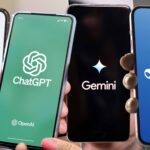
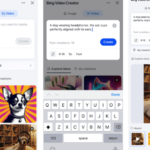




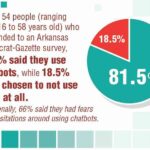






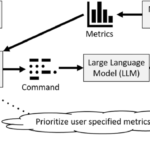







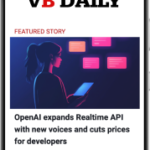















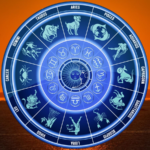
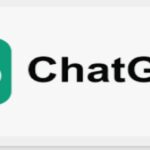

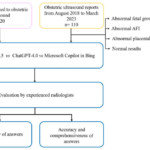





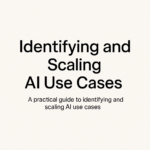






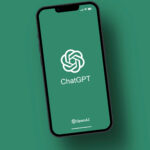



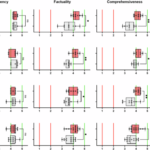









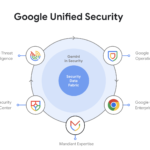




















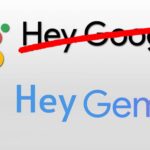


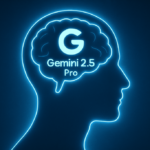




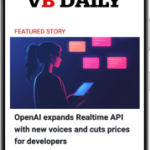


































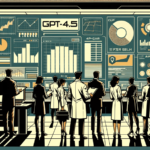









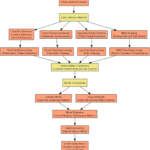










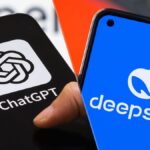
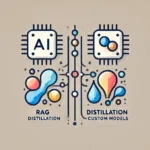




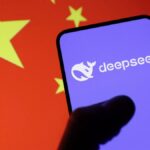



































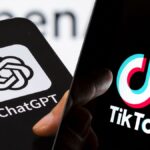



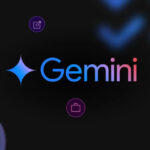







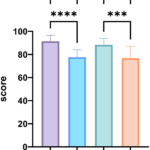


















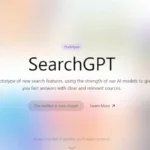





























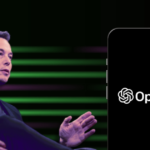















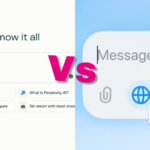




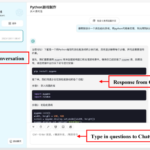

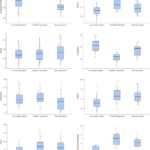









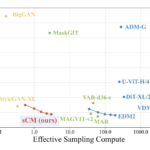






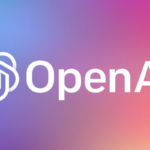




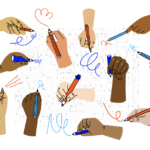




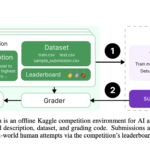
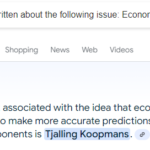




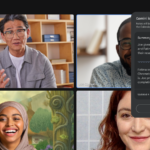




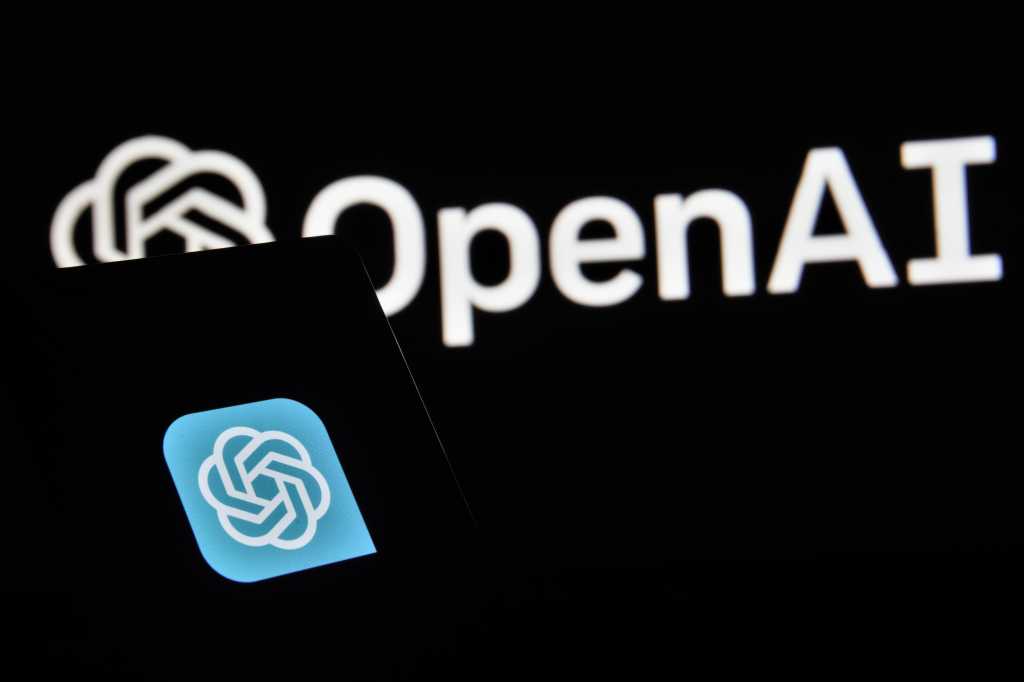
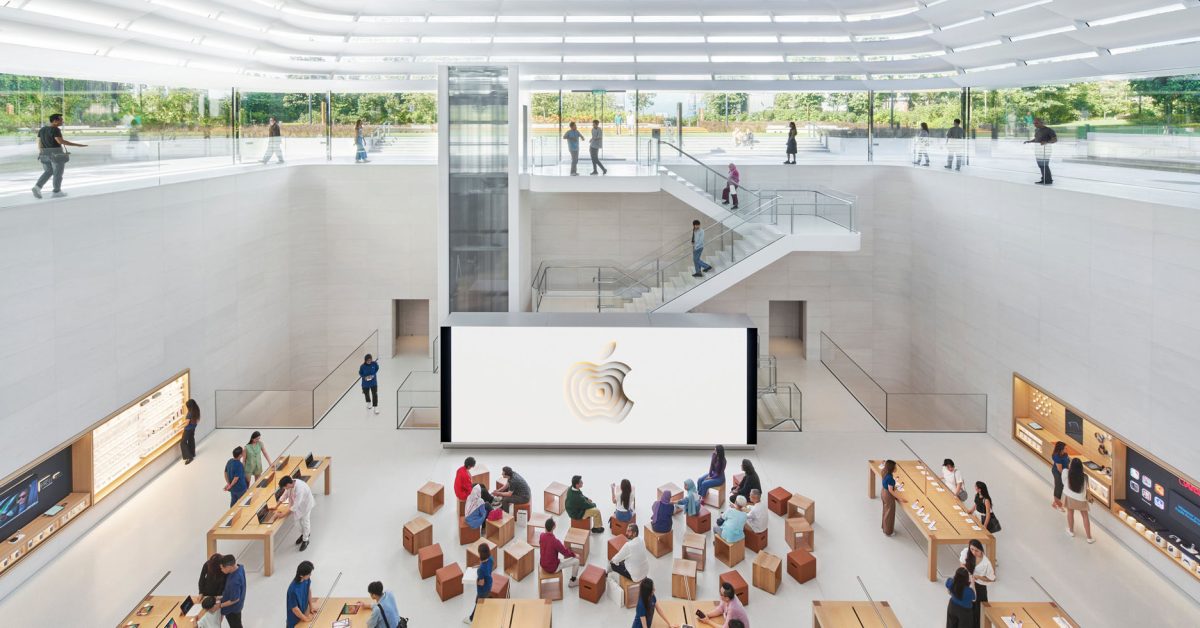



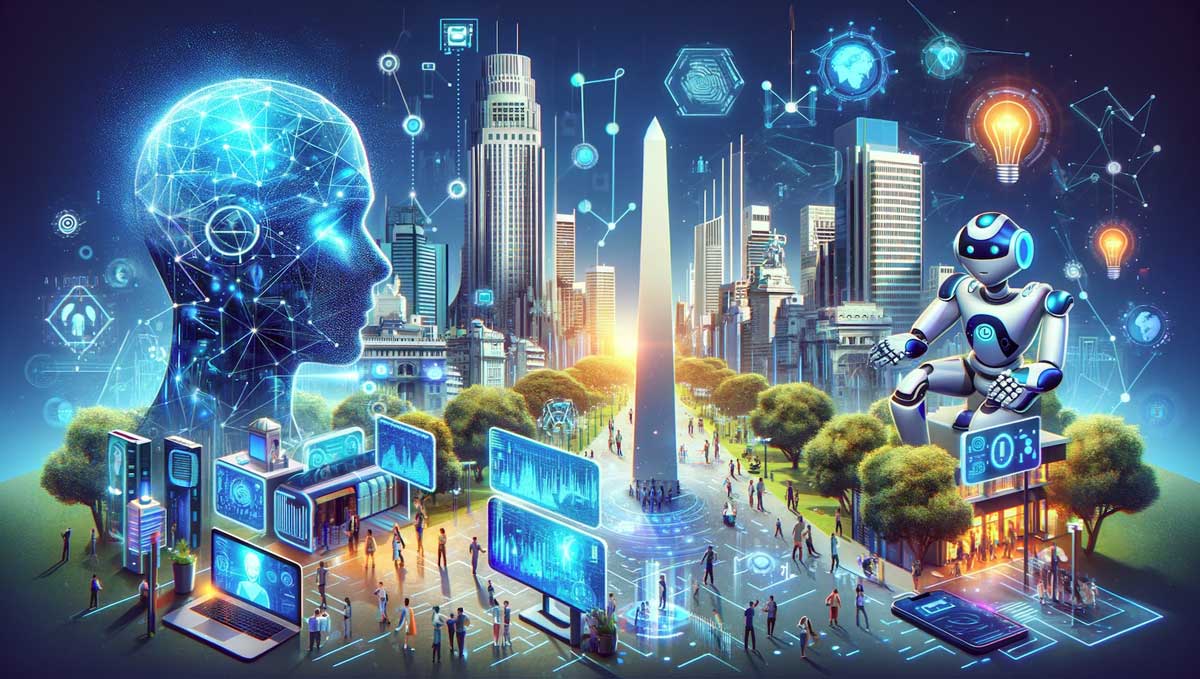

Trending
-
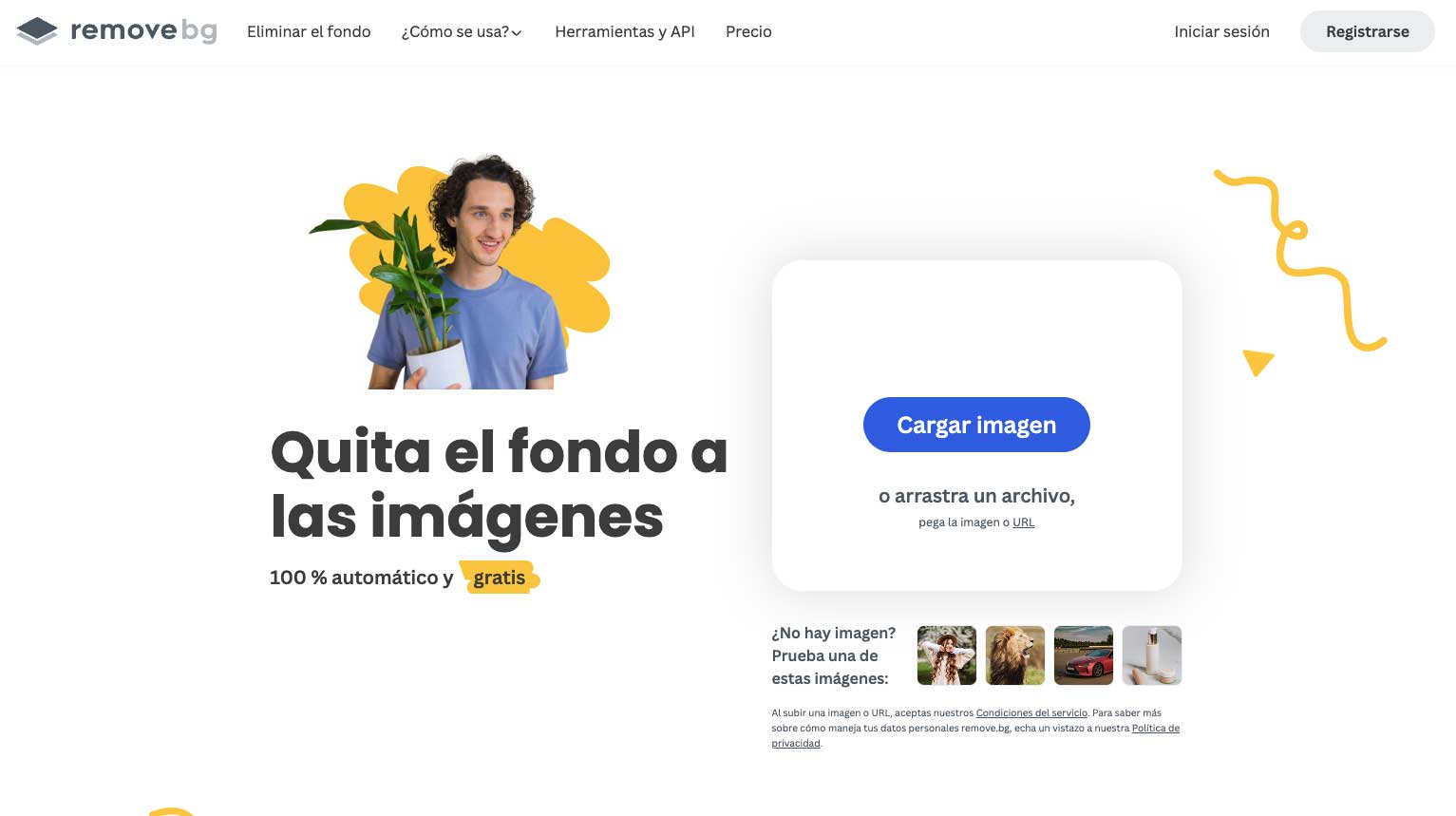
 Startups2 años ago
Startups2 años agoRemove.bg: La Revolución en la Edición de Imágenes que Debes Conocer
-

 Tutoriales2 años ago
Tutoriales2 años agoCómo Comenzar a Utilizar ChatGPT: Una Guía Completa para Principiantes
-

 Startups2 años ago
Startups2 años agoStartups de IA en EE.UU. que han recaudado más de $100M en 2024
-
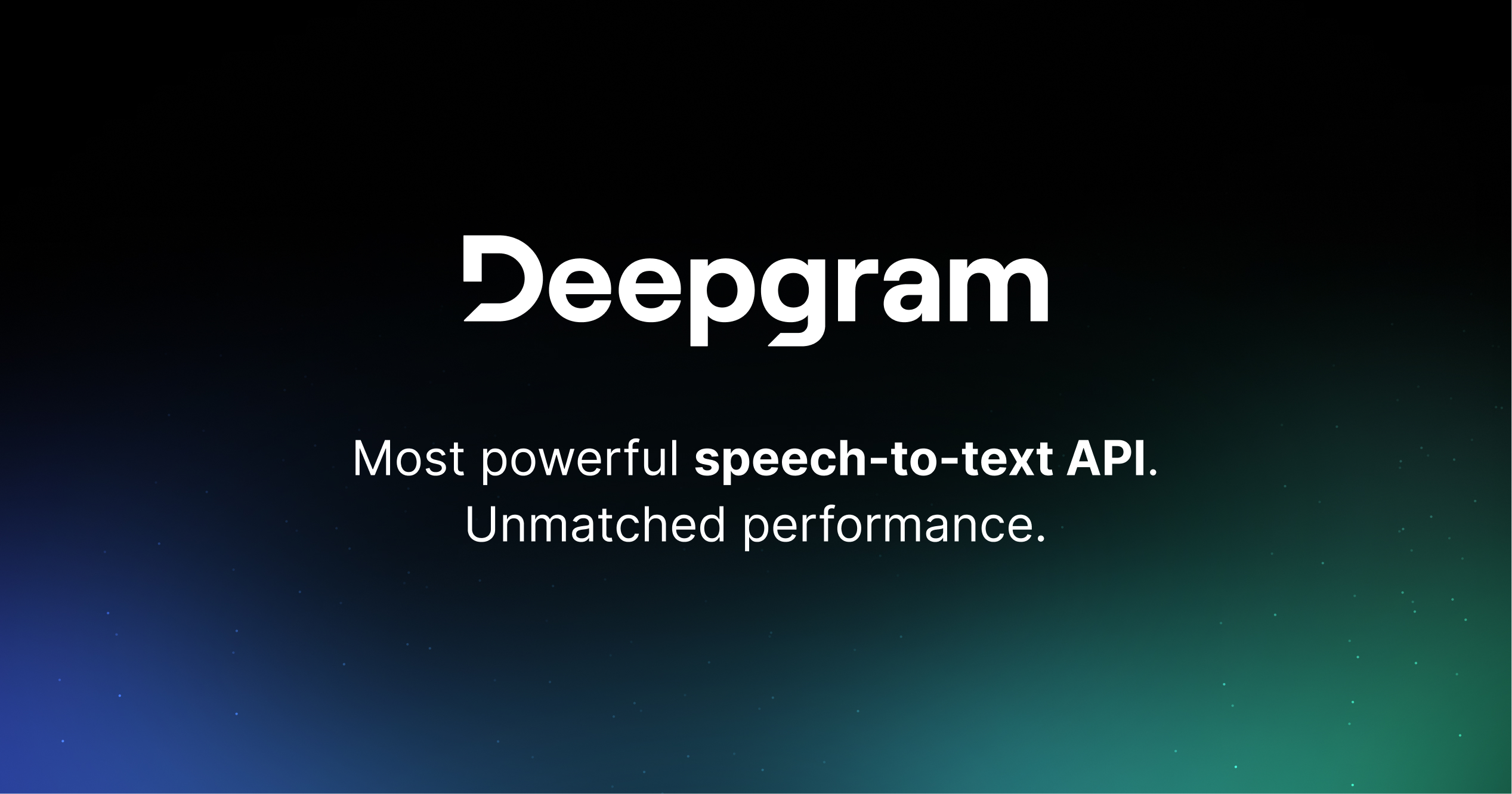
 Startups2 años ago
Startups2 años agoDeepgram: Revolucionando el Reconocimiento de Voz con IA
-

 Recursos2 años ago
Recursos2 años agoCómo Empezar con Popai.pro: Tu Espacio Personal de IA – Guía Completa, Instalación, Versiones y Precios
-
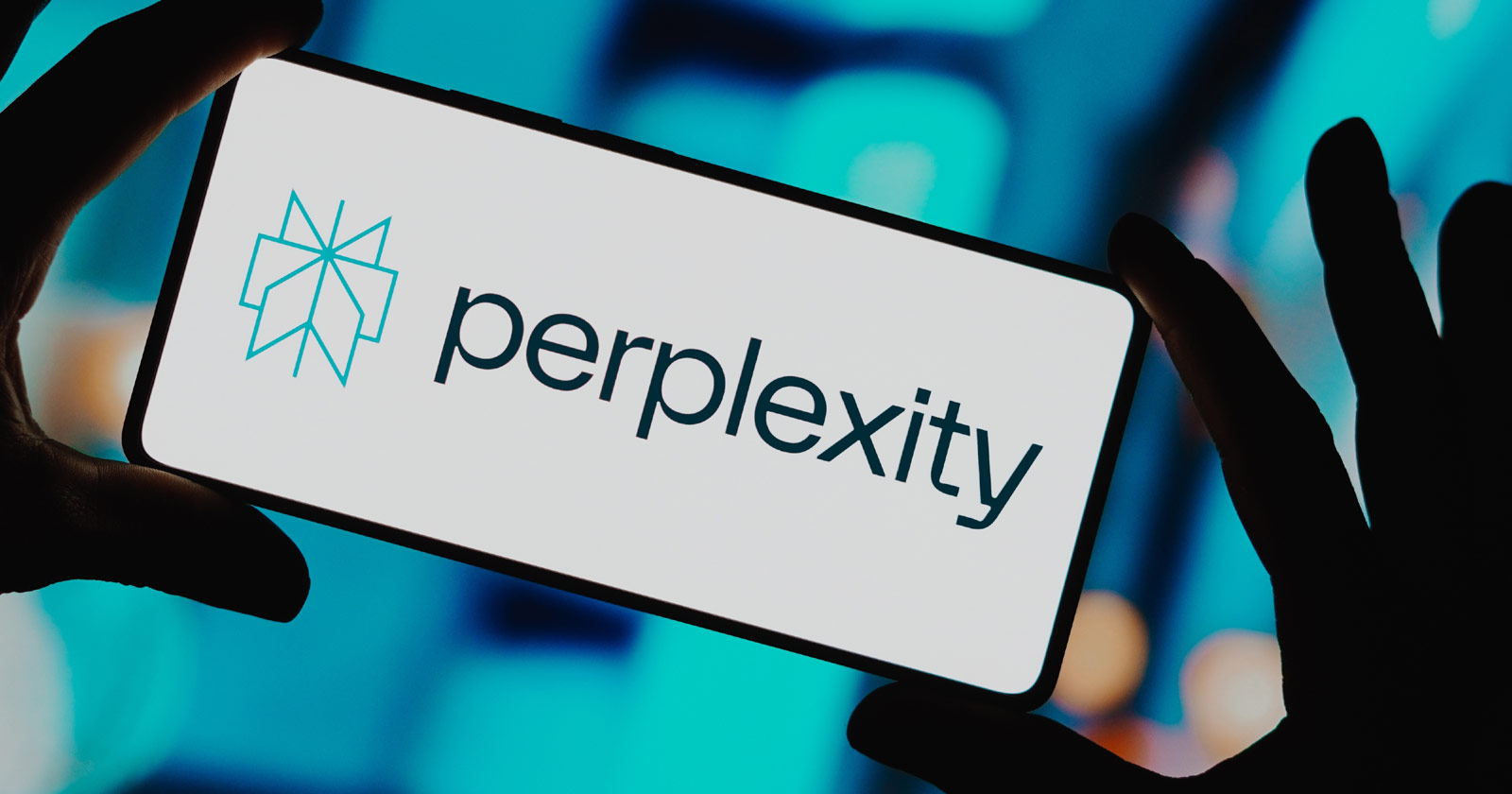
 Recursos2 años ago
Recursos2 años agoPerplexity aplicado al Marketing Digital y Estrategias SEO
-
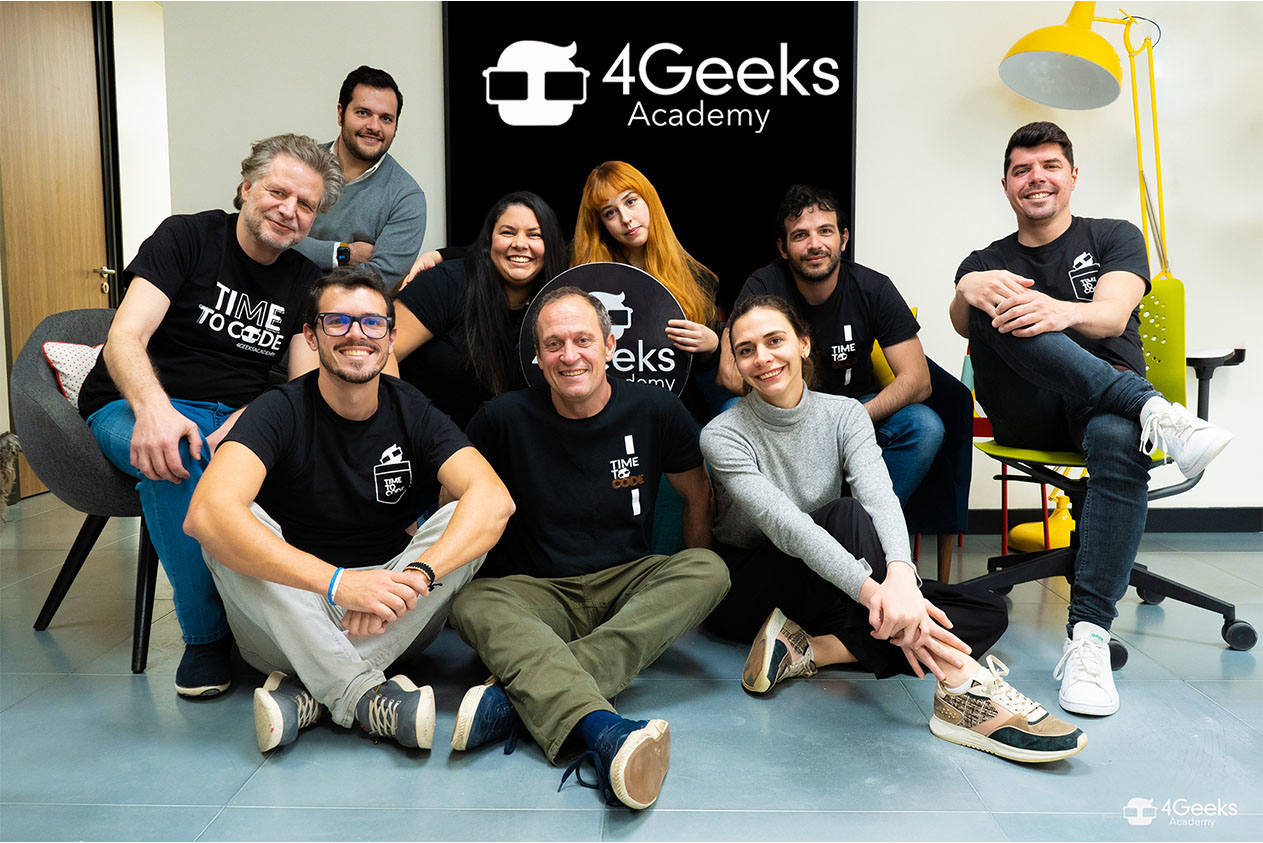
 Estudiar IA2 años ago
Estudiar IA2 años agoCurso de Inteligencia Artificial Aplicada de 4Geeks Academy 2024
-

 Estudiar IA2 años ago
Estudiar IA2 años agoCurso de Inteligencia Artificial de UC Berkeley estratégico para negocios

